TekTicks Broker Review
When researching a broker, the first rule for investors is simple: check the licenses, the registration, and the reputation. In the case of TekTicks (operating via tekticks.com and webtrader.tekticks.com), a deeper examination reveals that behind the glossy website and bold promises lies an offshore entity without proper regulation, questionable practices, and numerous client complaints.
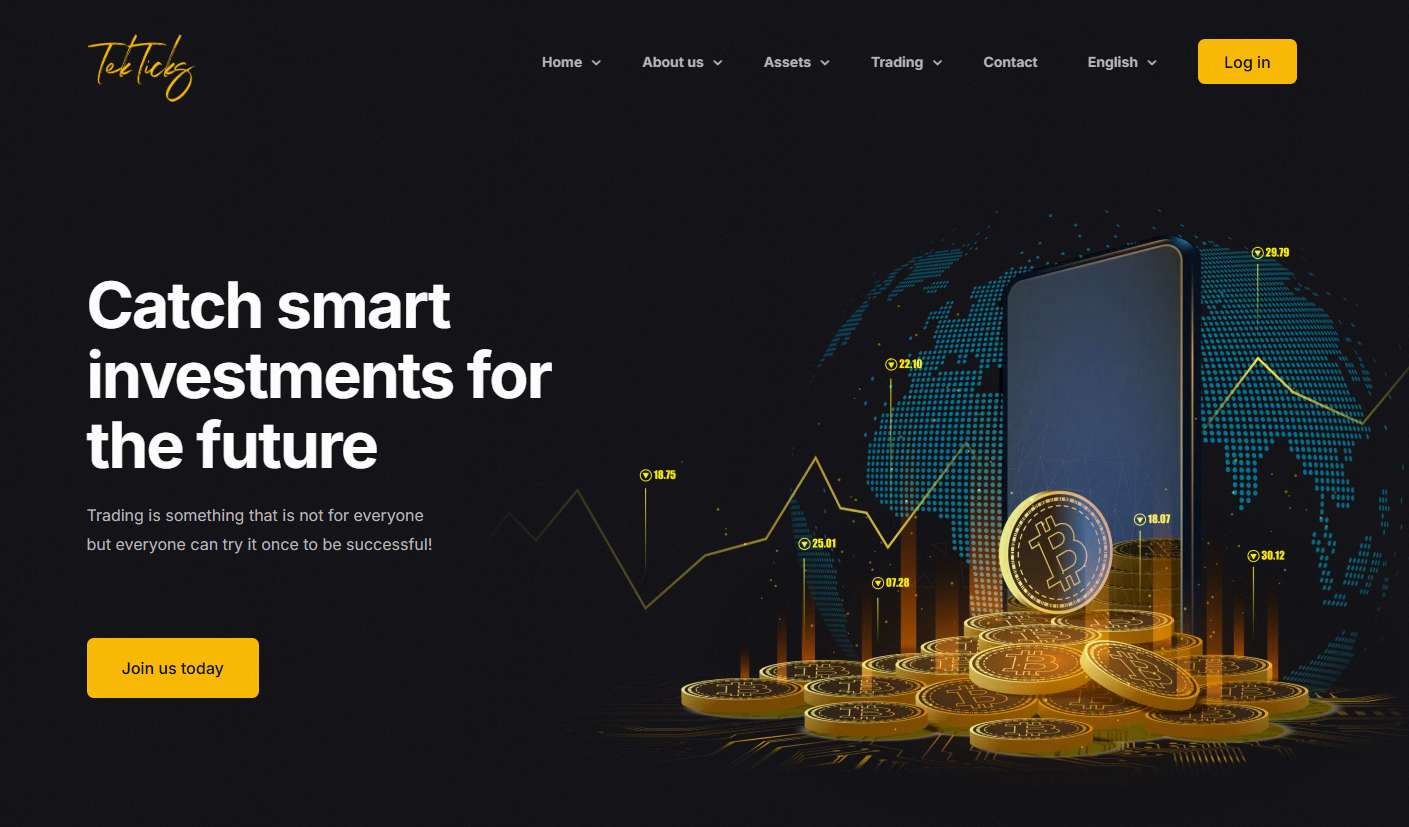
This review will cover the company’s registration details, licensing claims, trading conditions, complaints from clients, and the overall risk of working with this broker.
Company Background and Licensing Status
TekTicks presents itself as an international brokerage offering access to global financial markets. According to its own promotional materials, the company is regulated by both the UK Financial Conduct Authority (FCA) and the Cyprus Securities and Exchange Commission (CySEC).
However, investigations into the official registries of both regulators confirm:
- No valid licenses exist under the numbers TekTicks provides.
- The company’s actual registration is in the Marshall Islands (number 98765), a jurisdiction widely used by unregulated offshore firms.
- Despite marketing itself as a broker with “over a decade of experience,” the domain tekticks.com was registered only recently, suggesting it is a short-term project rather than a long-standing financial institution.
Conclusion: TekTicks has no legitimate regulatory oversight, making it impossible for investors to rely on legal protections.
Trading Conditions and Account Types
The TekTicks website advertises access to forex, CFDs, commodities, and cryptocurrencies, though the details of spreads, leverage, and execution quality are vague.
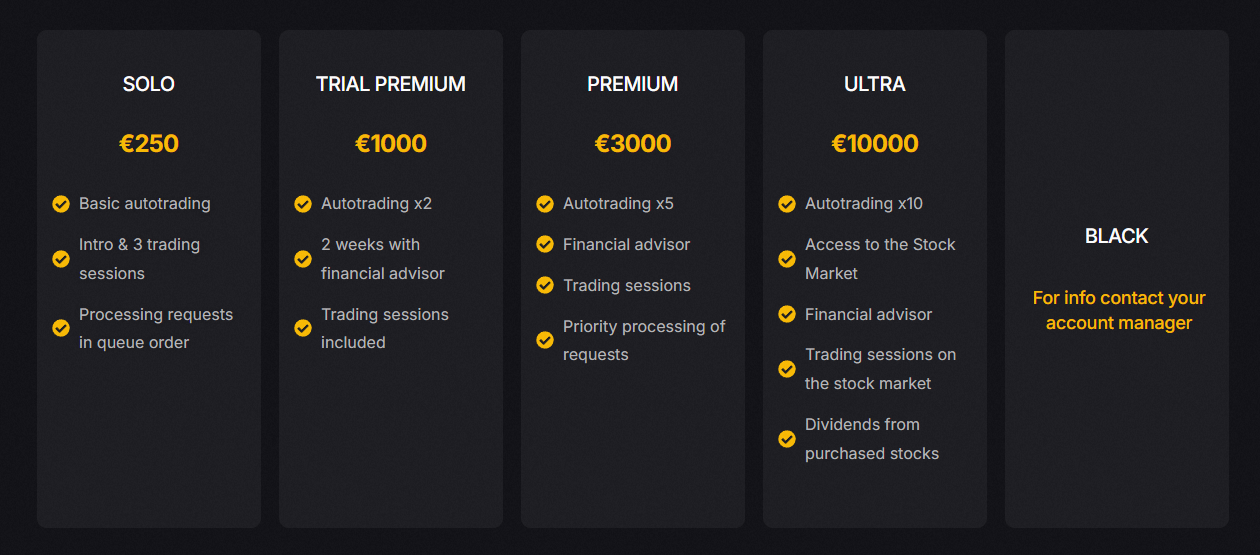
From available information, the company appears to offer several tiers of accounts:
- Basic Account: Lower deposit requirements, minimal features.
- Advanced Account: Higher deposits, promises of tighter spreads, and access to a “personal account manager.”
- VIP Account: Large minimum deposits (tens of thousands), exclusive “premium opportunities,” and supposed faster withdrawals.
These differences seem largely superficial. In practice, conditions are subject to sudden unilateral changes by the broker, as TekTicks’ own agreement gives them the right to modify terms without client consent.
The Platform — More Imitation Than Trading
Clients are directed to trade via TekTicks’ web-based platform (webtrader.tekticks.com). While it looks modern at first glance, numerous complaints highlight serious problems:
- Delayed order execution that does not reflect real market speed.
- Price quotes diverging from market data, raising suspicions that prices are manipulated.
- Lack of transparency on whether trades are ever executed on external markets — strong evidence that TekTicks is a “bucket shop,” only simulating trades internally.
Complaints and Reported Issues
Analysis of user feedback reveals a repeating pattern of misconduct:
- Withdrawal denial. Almost all complaints involve clients being unable to withdraw any funds.
- Demand for extra payments. Clients are asked to pay “taxes,” “insurance,” or “commissions” before withdrawals, sometimes up to 30% of the requested amount.
- Fake confirmations. The support team provides fabricated screenshots of transactions to reassure clients, though no funds are ever delivered.
- Aggressive sales tactics. Account managers pressure clients to deposit more money, often using emotional manipulation and false promises of guaranteed profit.
- Account blocking. Once clients refuse further deposits, accounts are locked and access to the platform disappears.
Reputation and Market Warnings
- Regulatory status: No official warnings have yet been issued by FCA, CySEC, ASIC, or BaFin, but given the evidence, TekTicks is likely to be flagged in the near future.
- Community reputation: On trading forums, TekTicks already appears in blacklists and is widely described as a scam or “bucket shop.”
- Fraudulent ecosystem: The design and functionality of the TekTicks site closely mirror other known offshore scams, suggesting it may be part of a larger fraudulent network.
Typical Red Flags With TekTicks
- Claims of regulation by respected authorities without proof.
- Offshore registration in the Marshall Islands.
- Excessive withdrawal fees of up to 30%.
- Contract clauses banning clients from legal action.
- Constant pressure to deposit more funds.
- Numerous unresolved complaints from real investors.
Conclusion on TekTicks
TekTicks is not a legitimate broker but an offshore fraud scheme designed to extract money from unsuspecting clients.
- Licensing: No real regulatory authorization.
- Operations: Offshore registration, anonymous ownership, and fake credentials.
- Platform: Price manipulation, delayed orders, and no evidence of real trading.
- Reputation: Negative across forums and review platforms, with dozens of verified victim stories.
Recommendation: Avoid TekTicks at all costs. Do not open an account, transfer funds, or share personal documents. Investors who have already deposited should immediately cease communication, collect evidence, and seek professional assistance in recovering their funds.

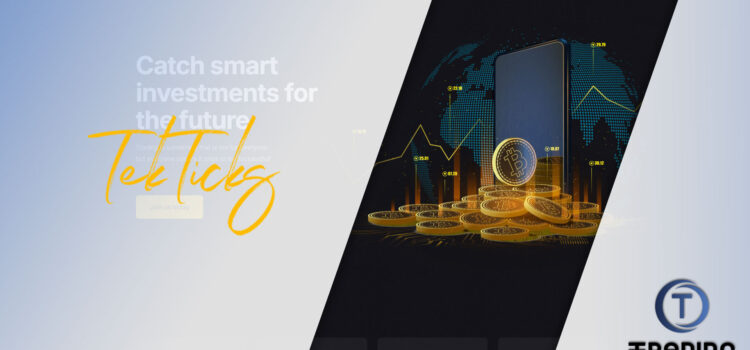
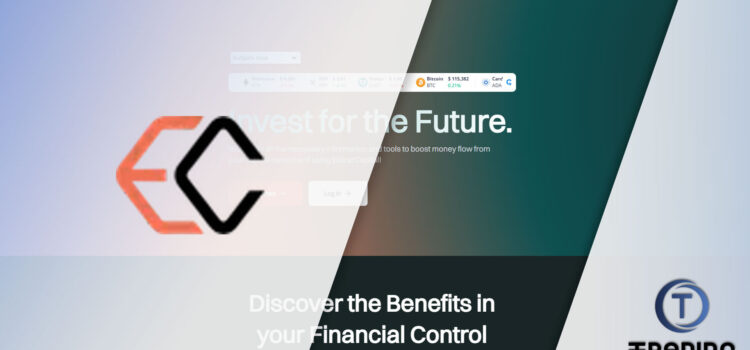

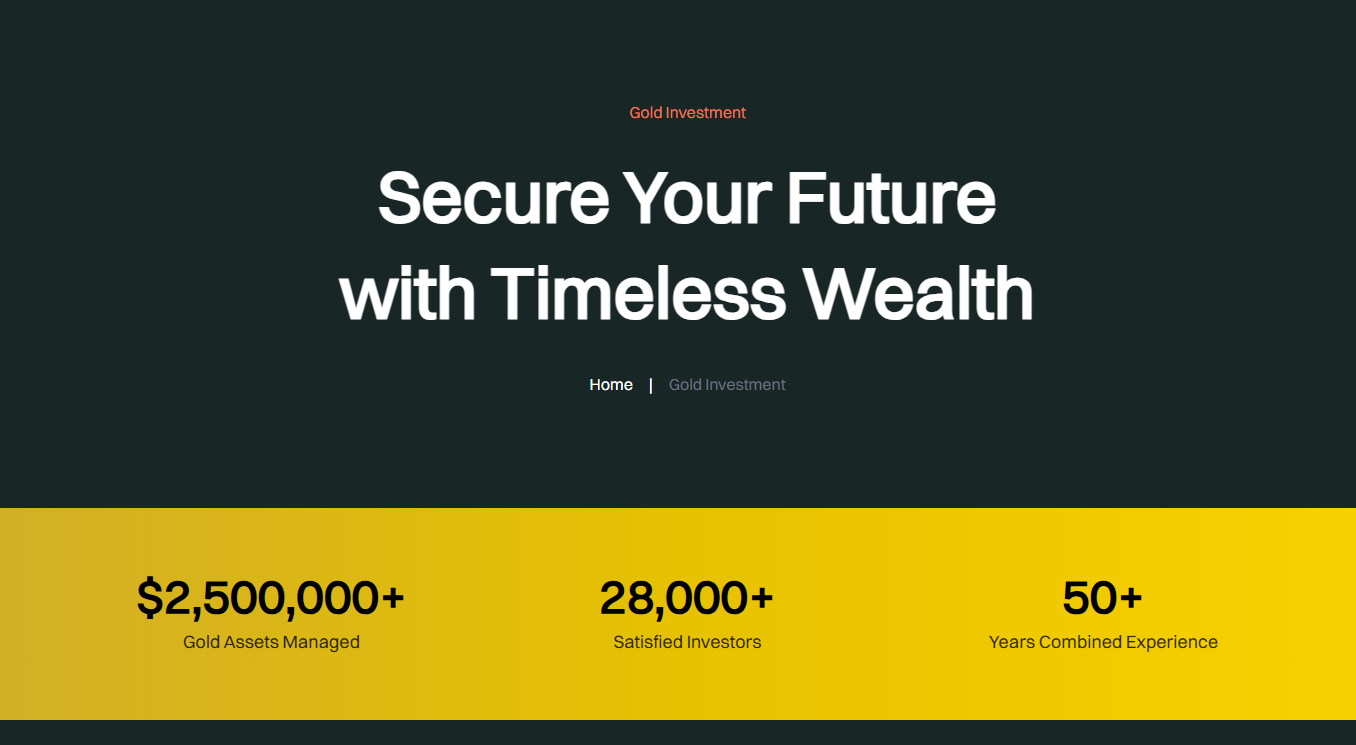
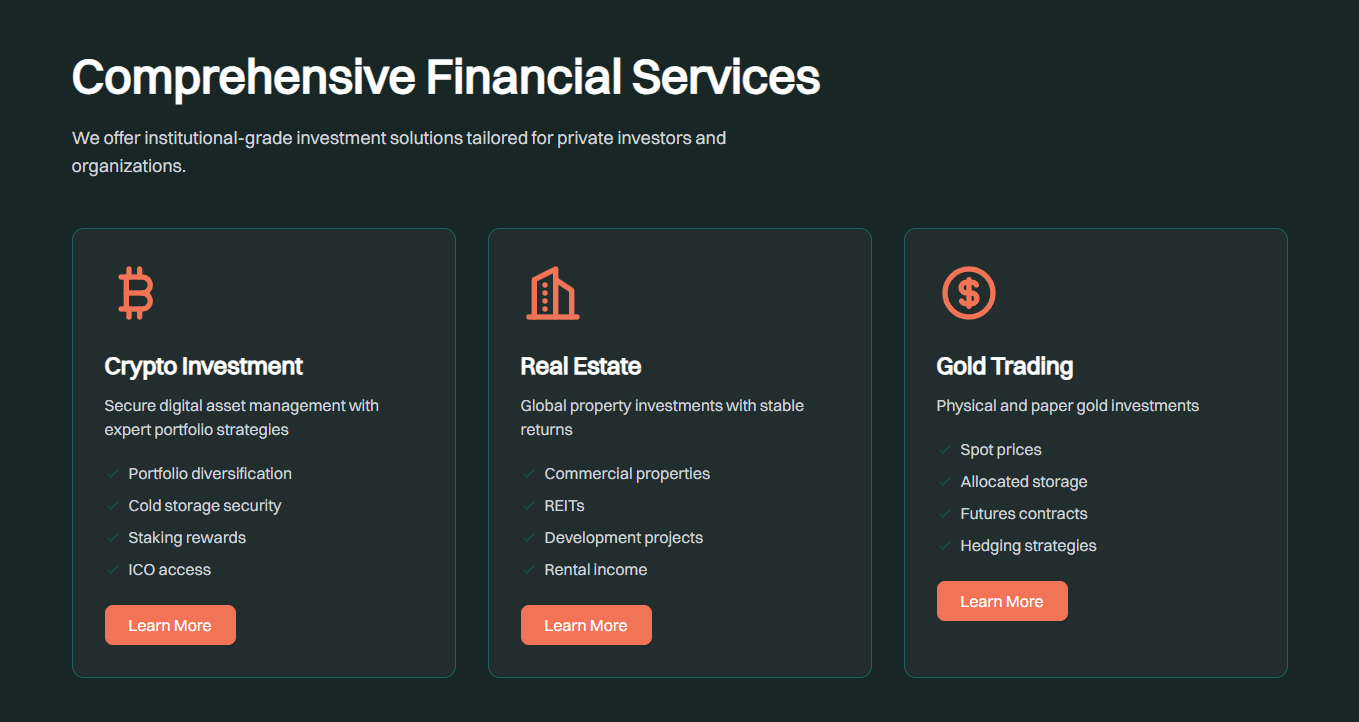

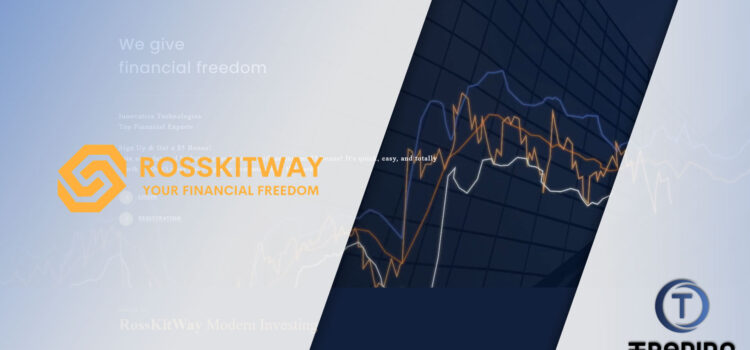
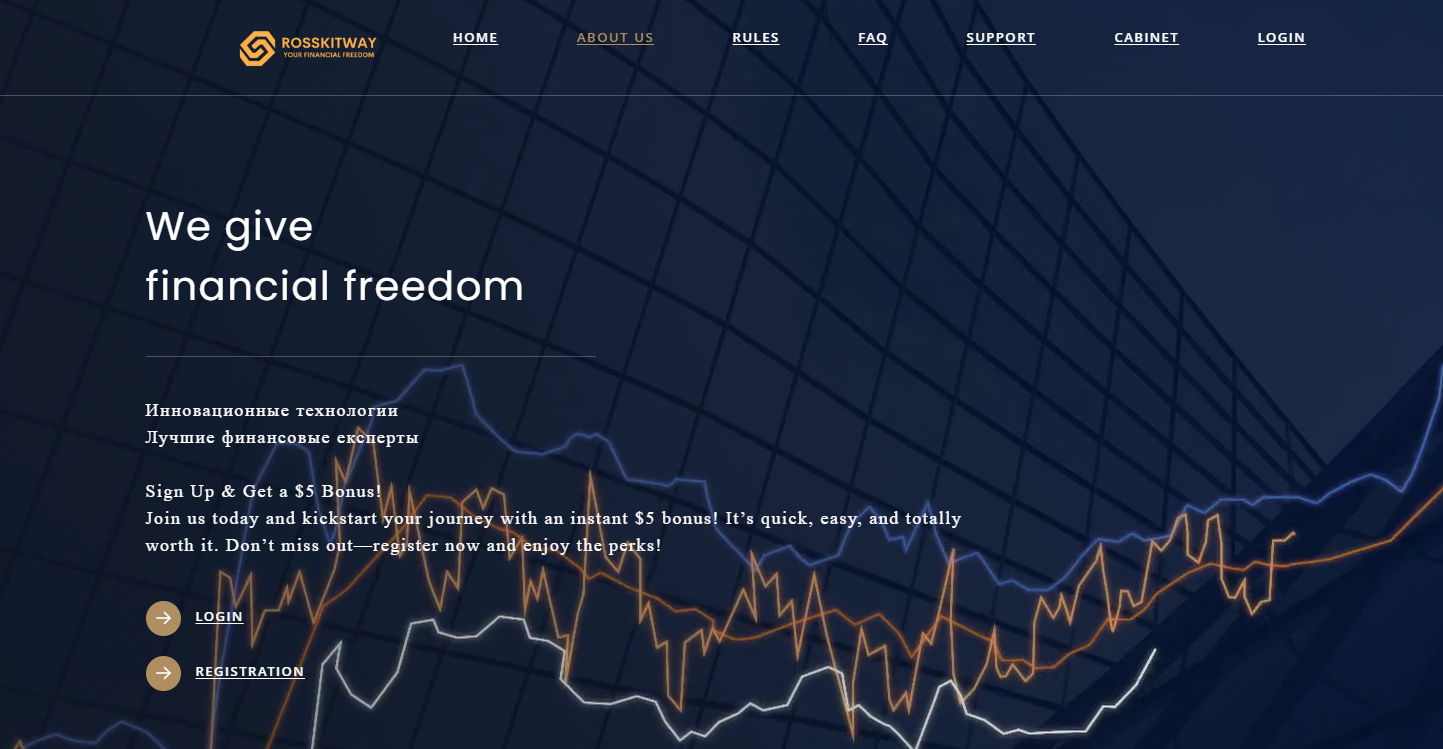
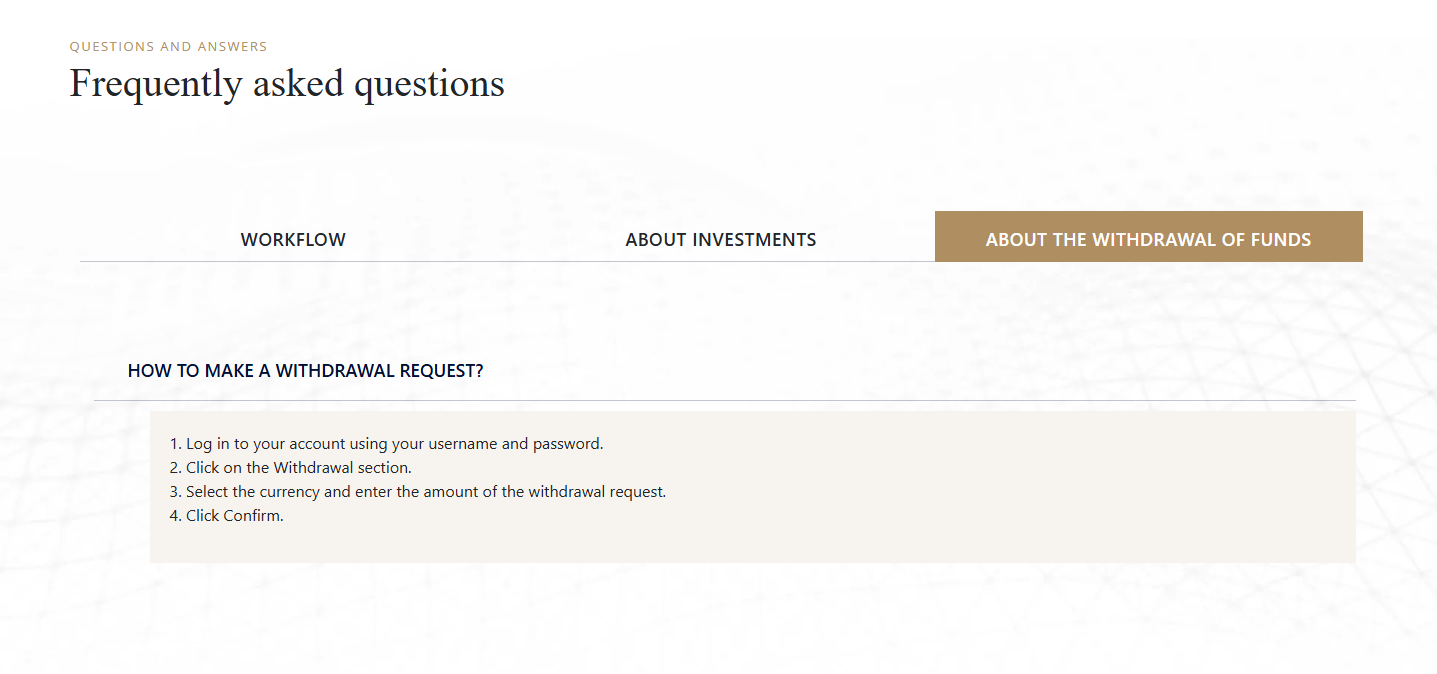
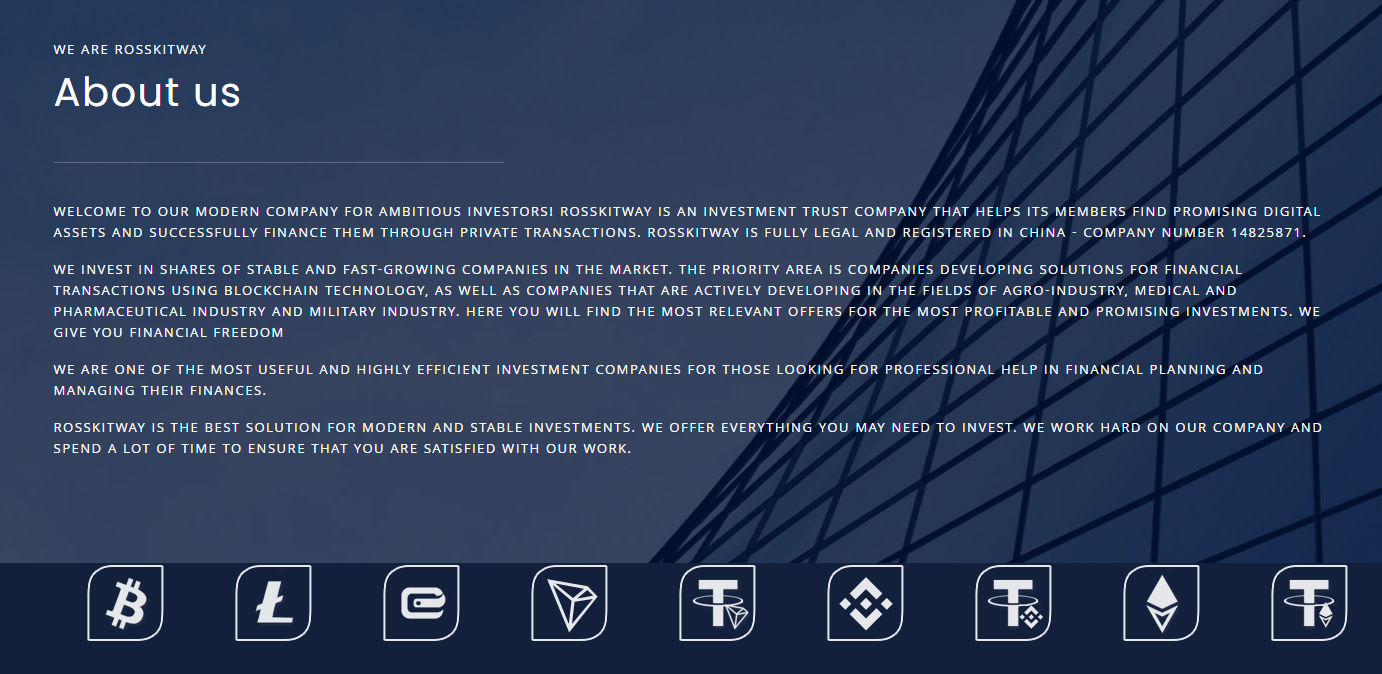
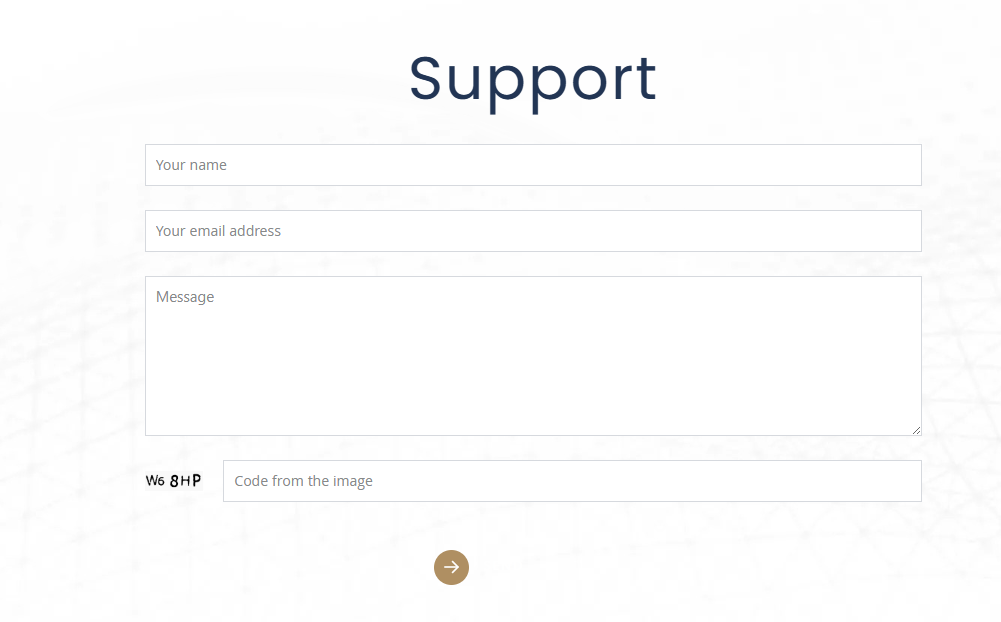
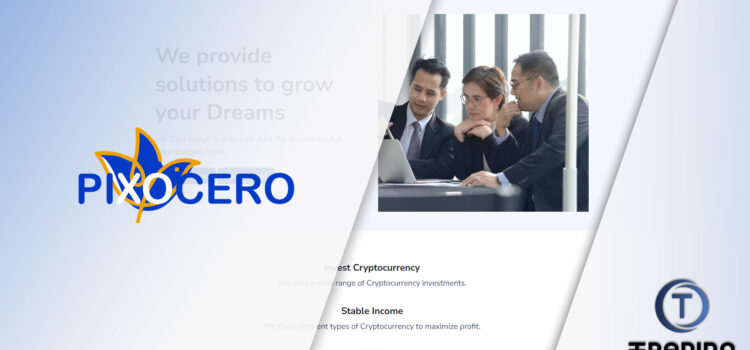
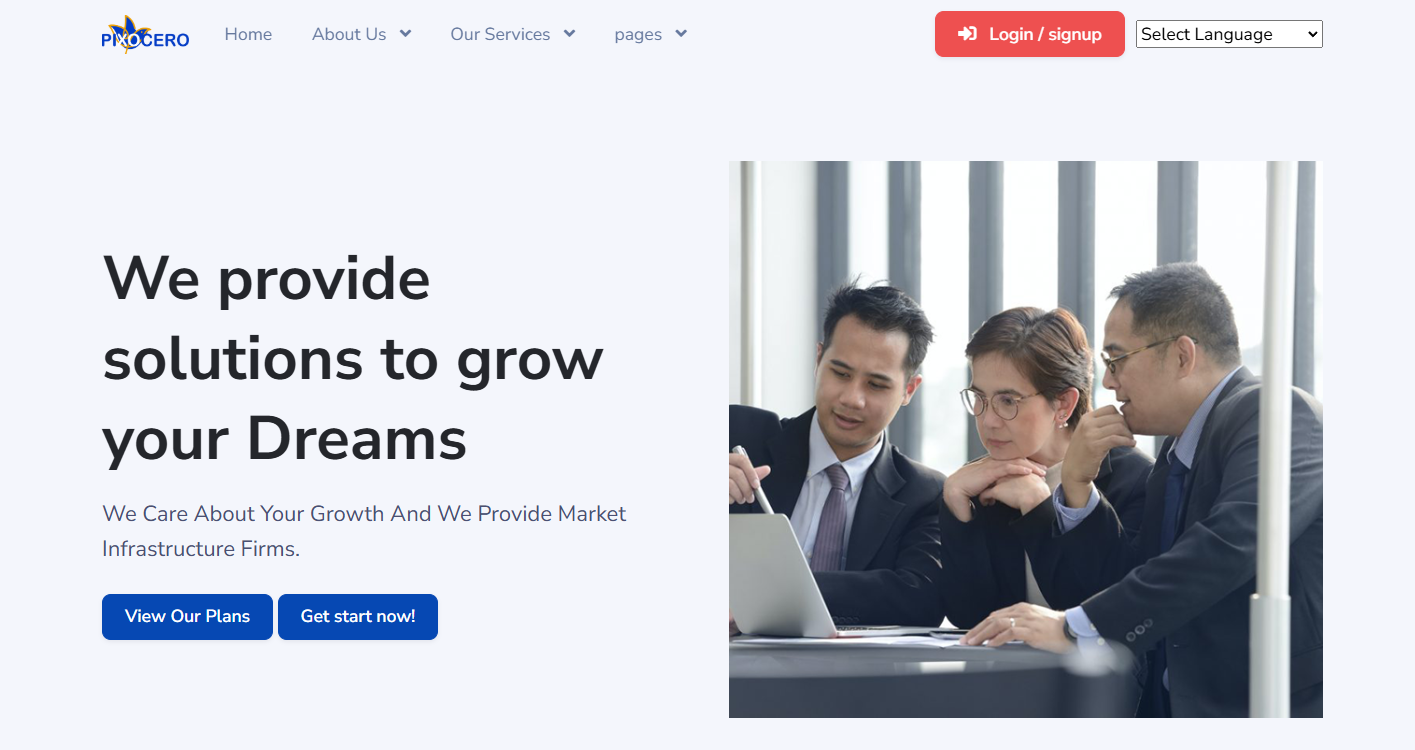
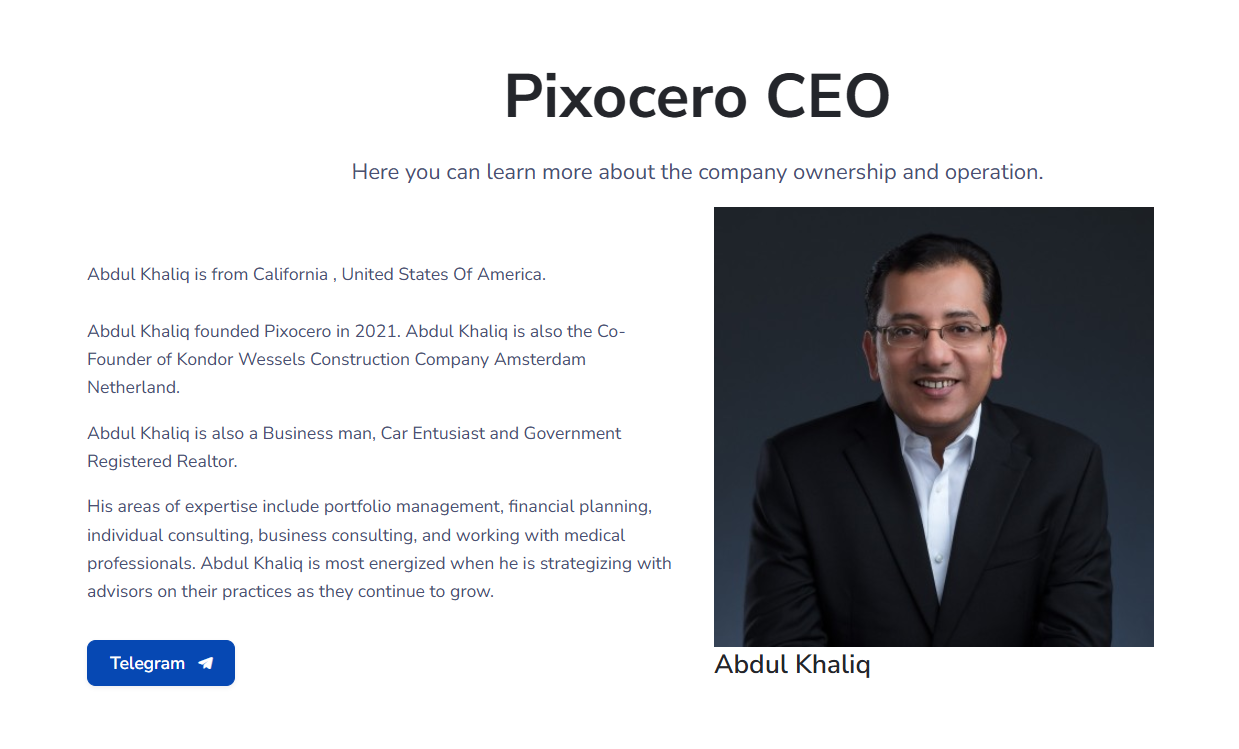

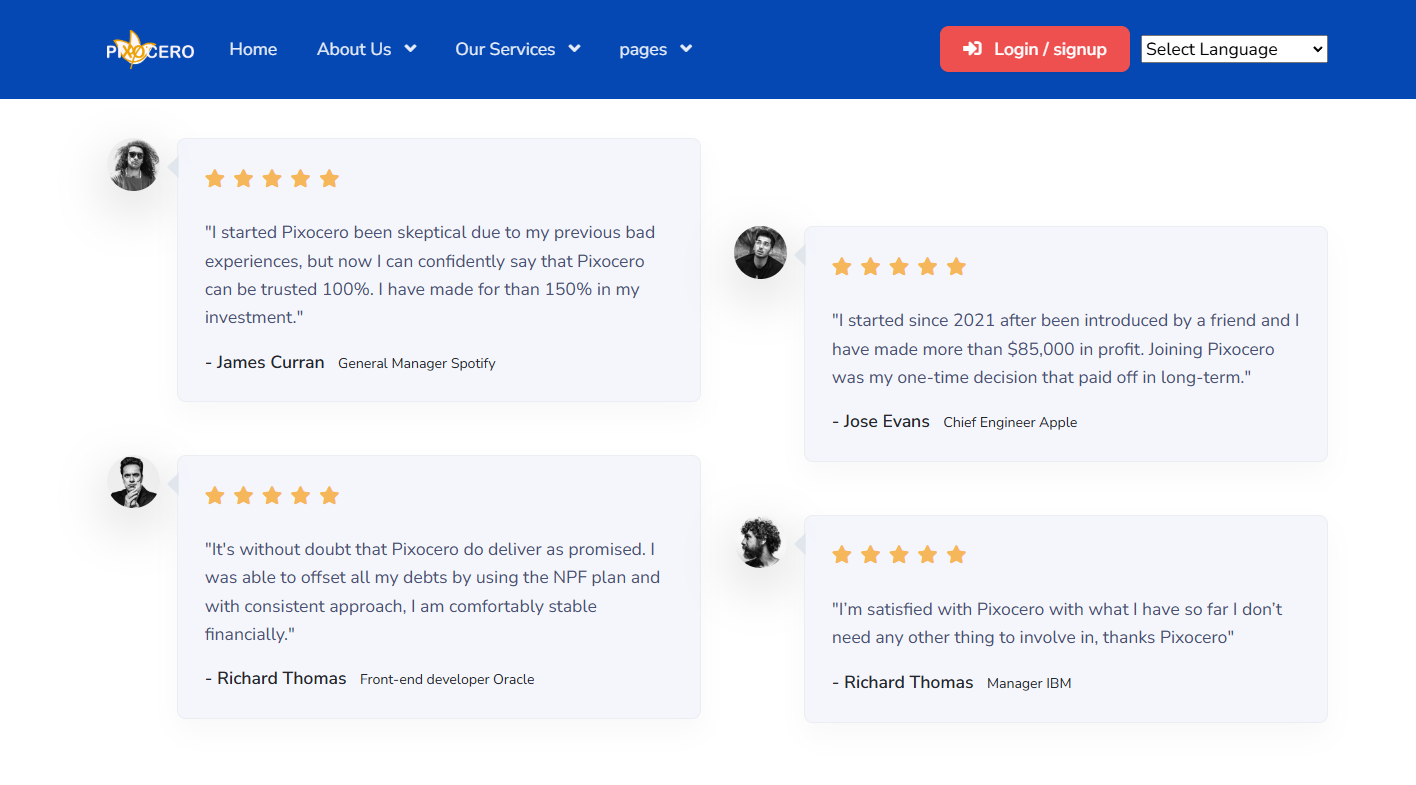
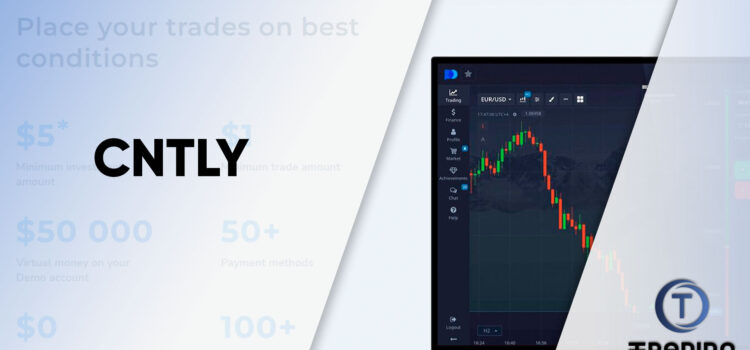
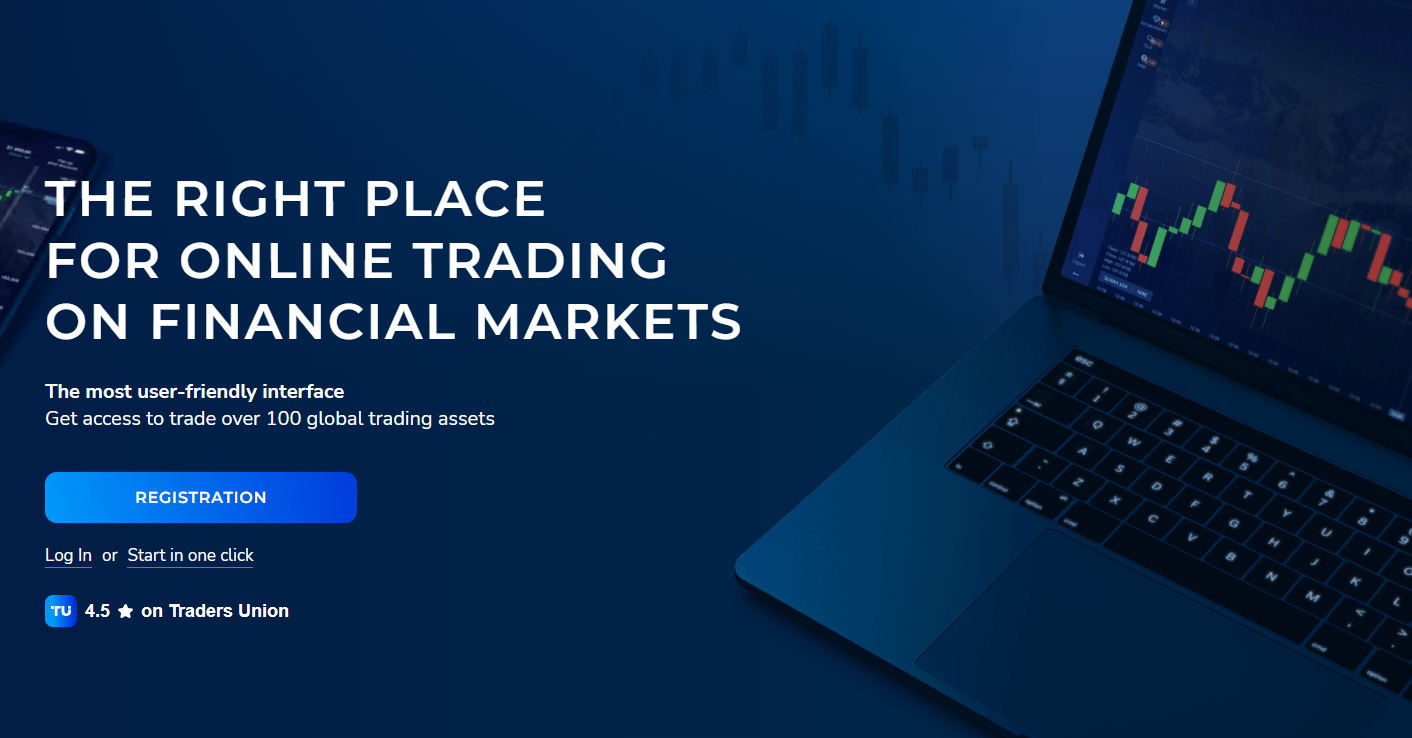
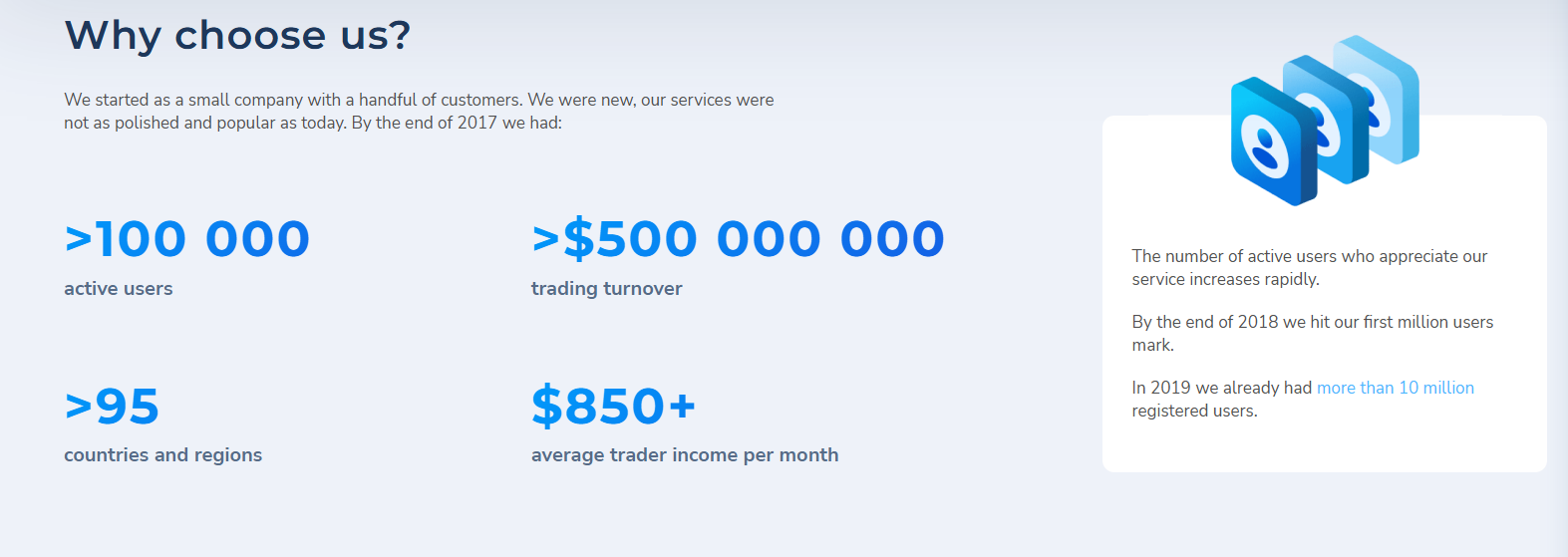
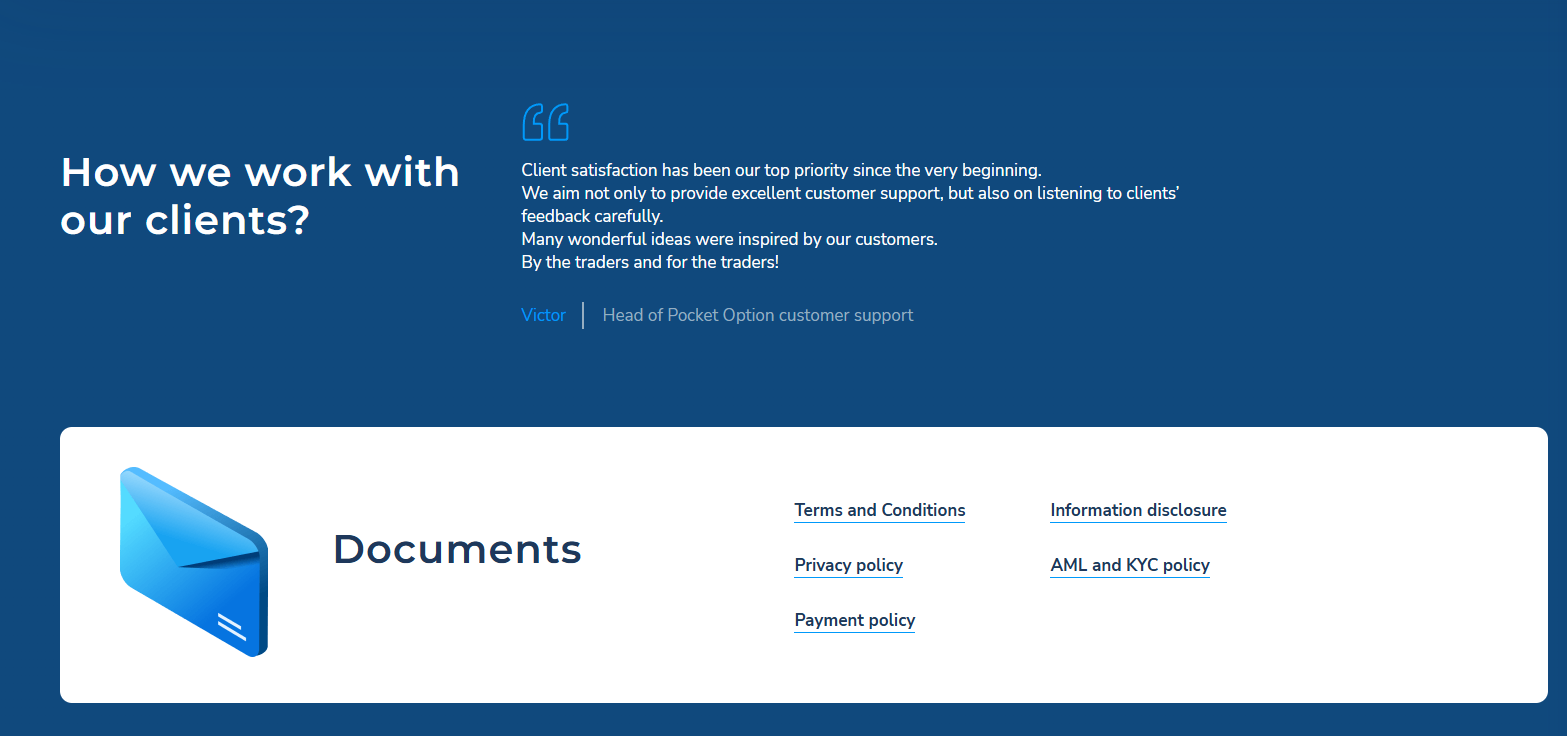
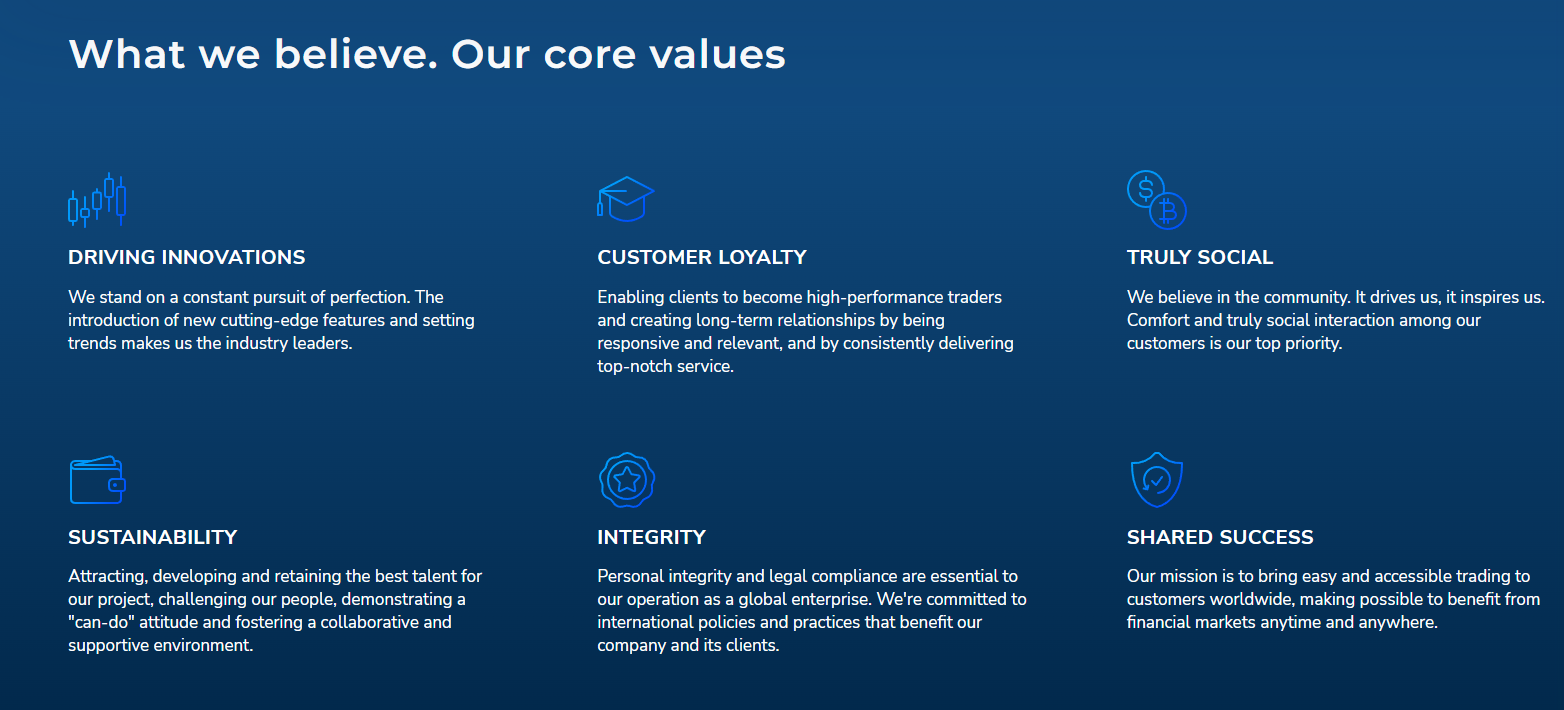
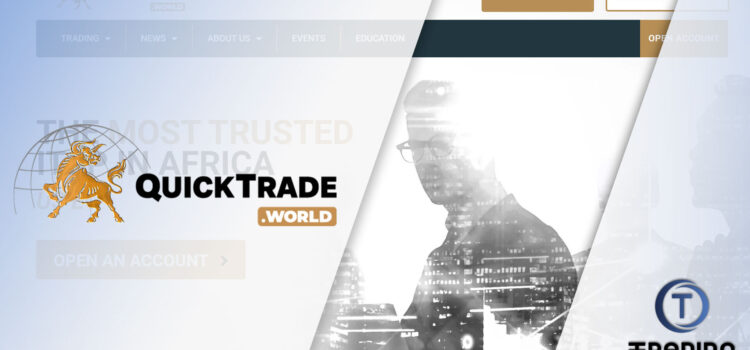
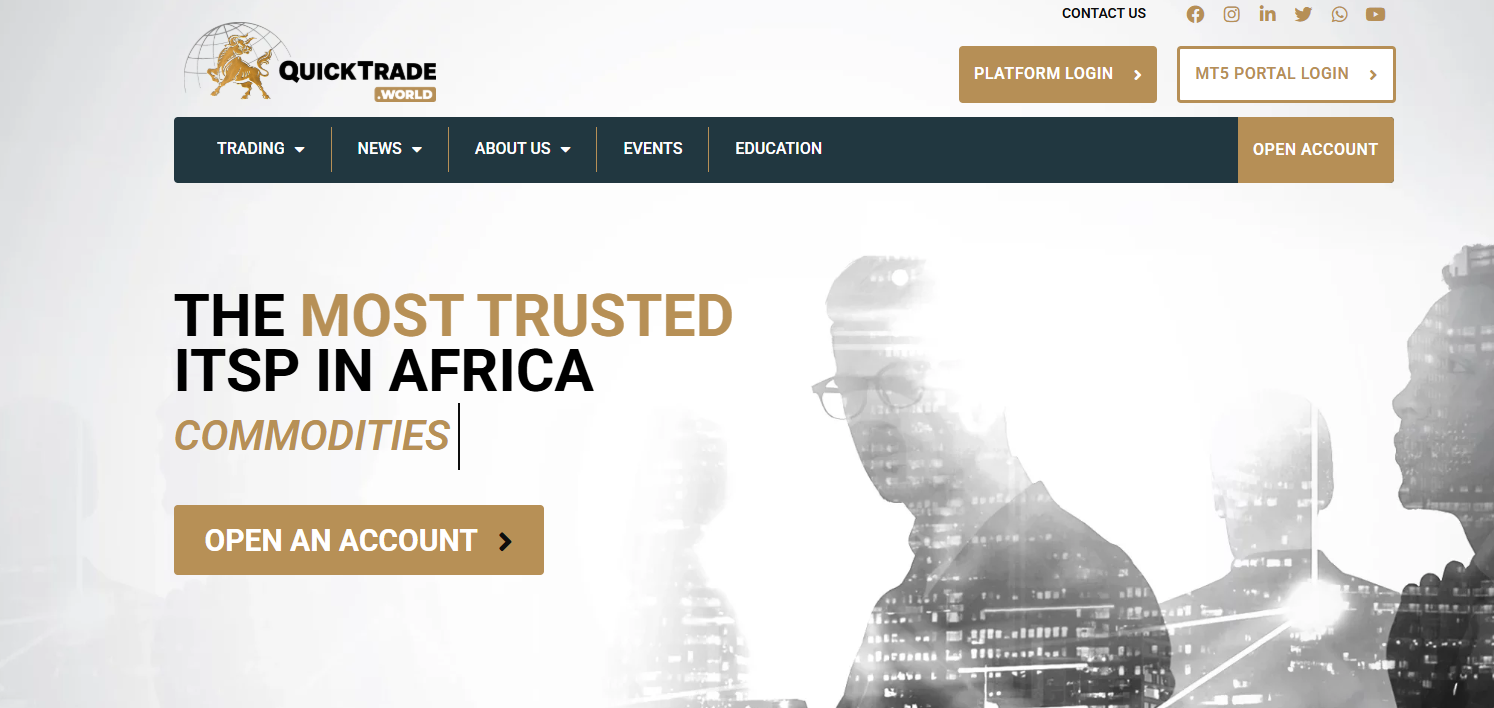
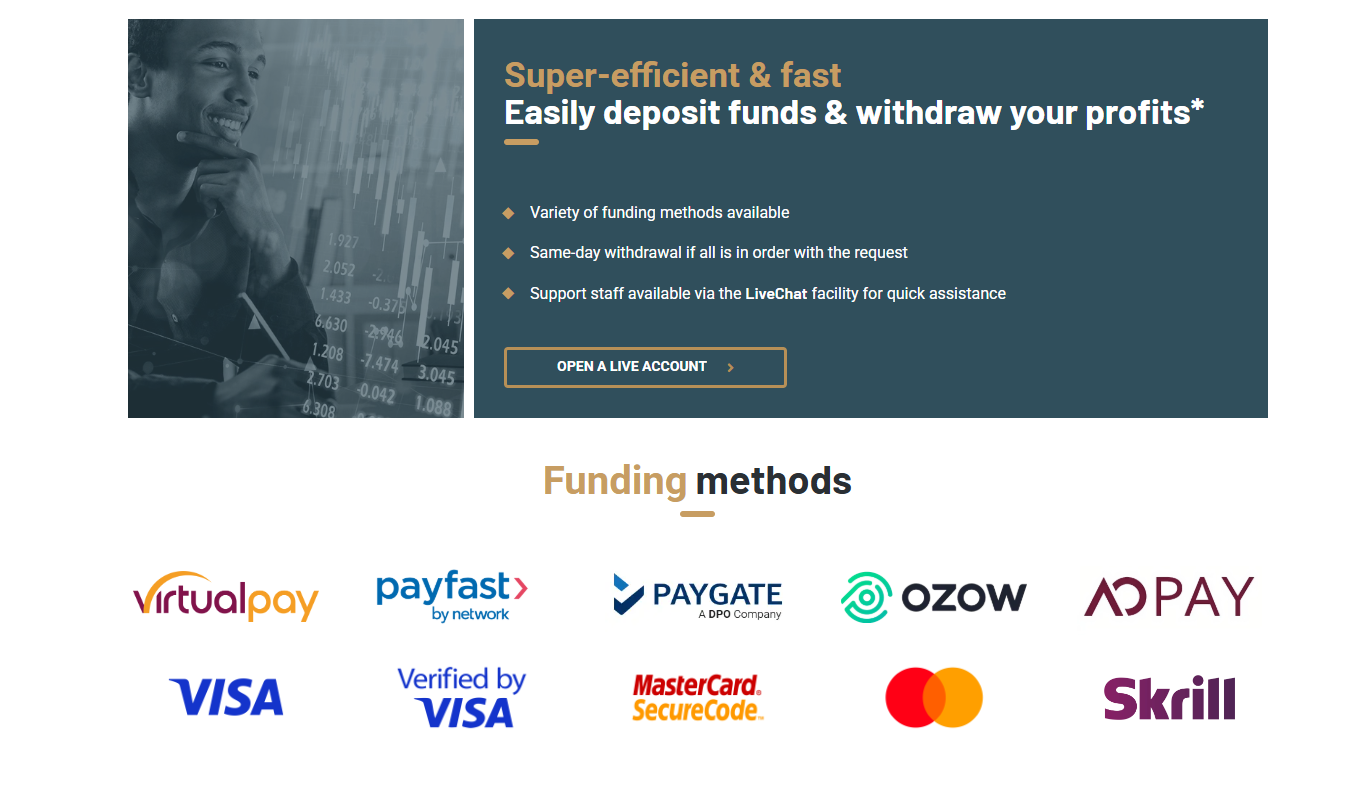
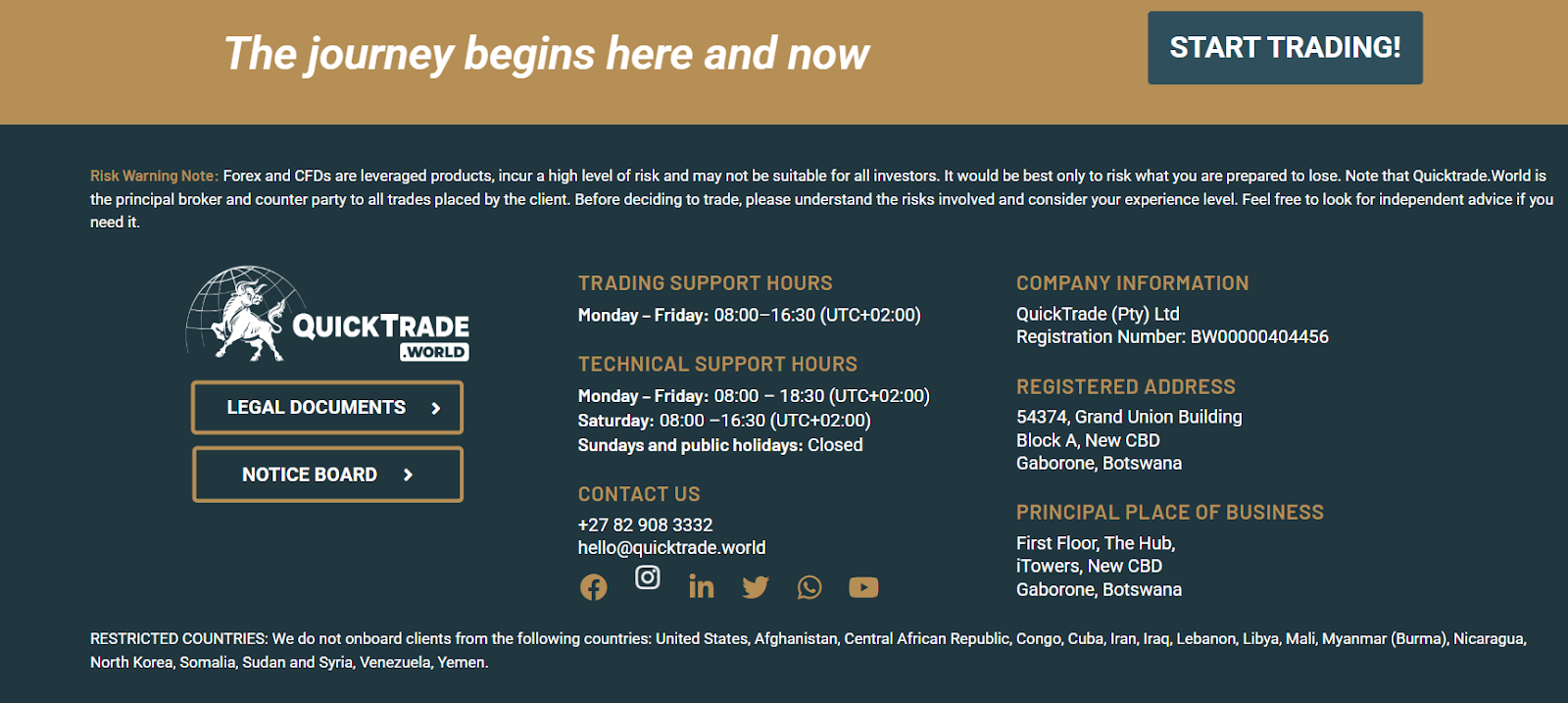
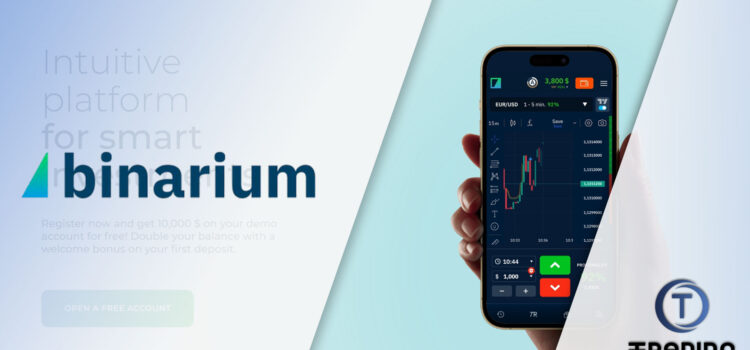
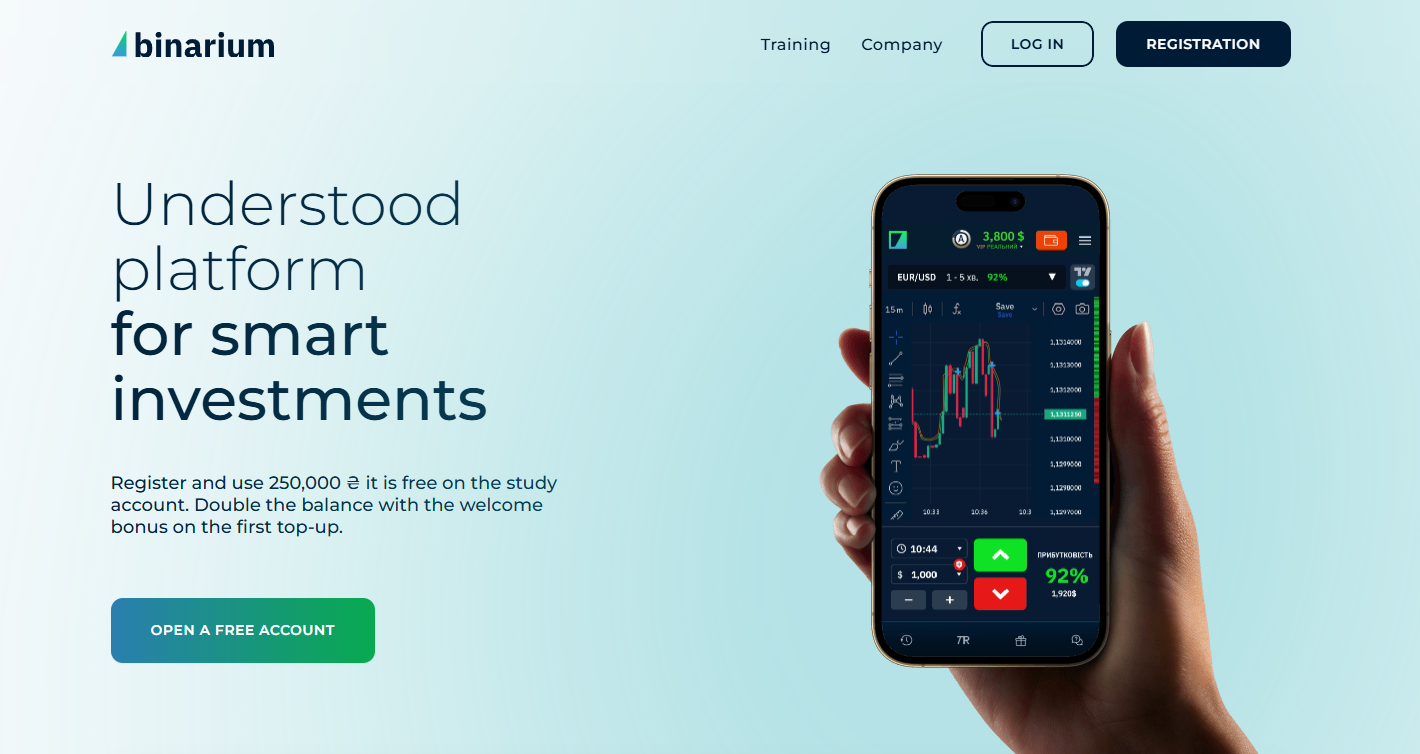
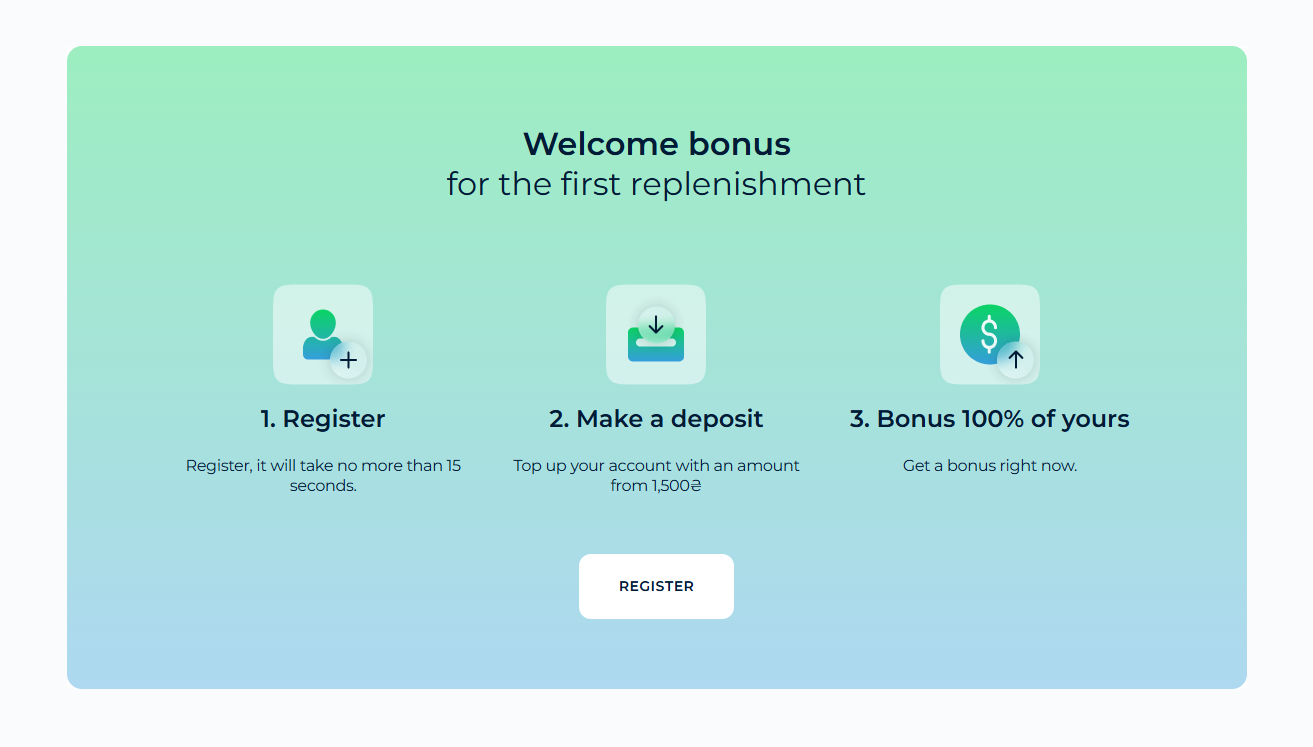
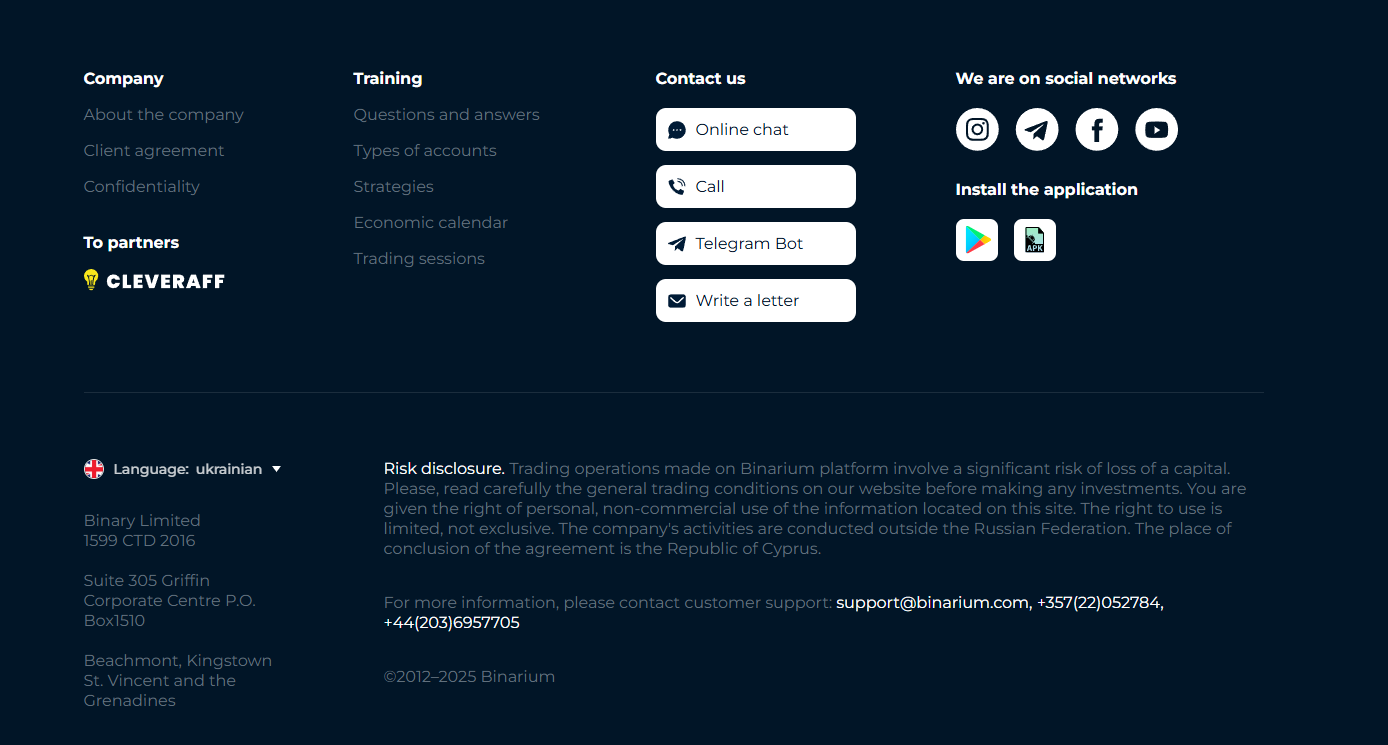
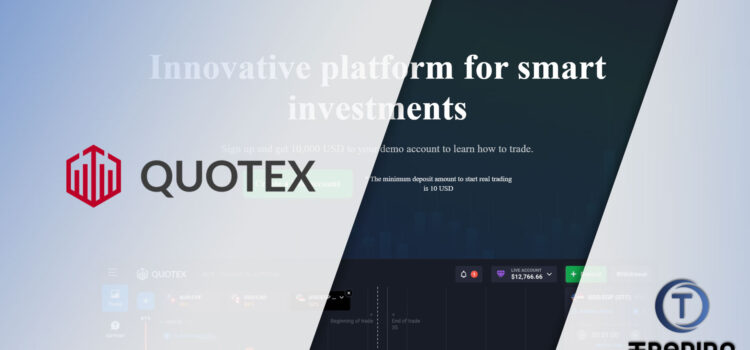
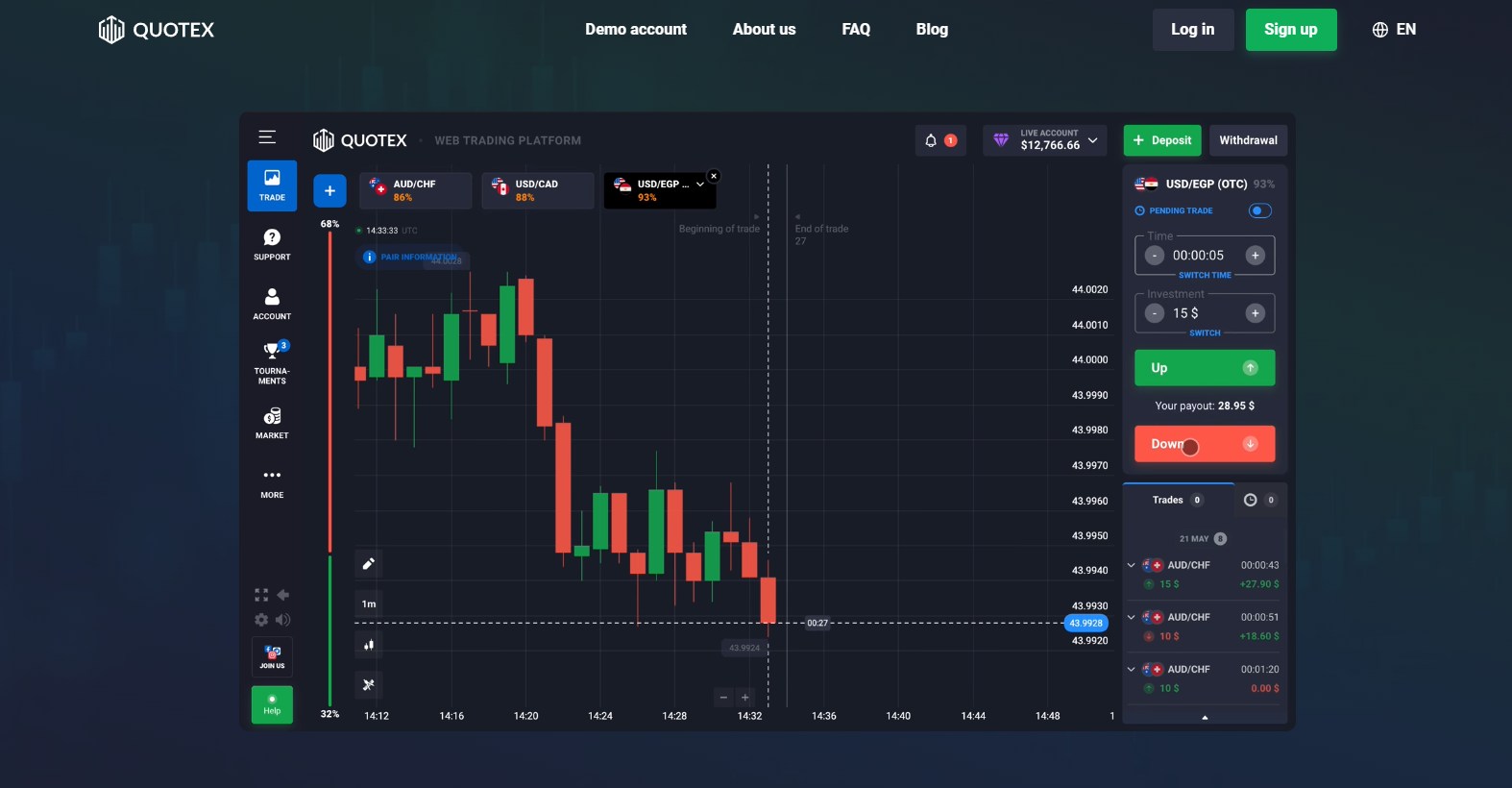
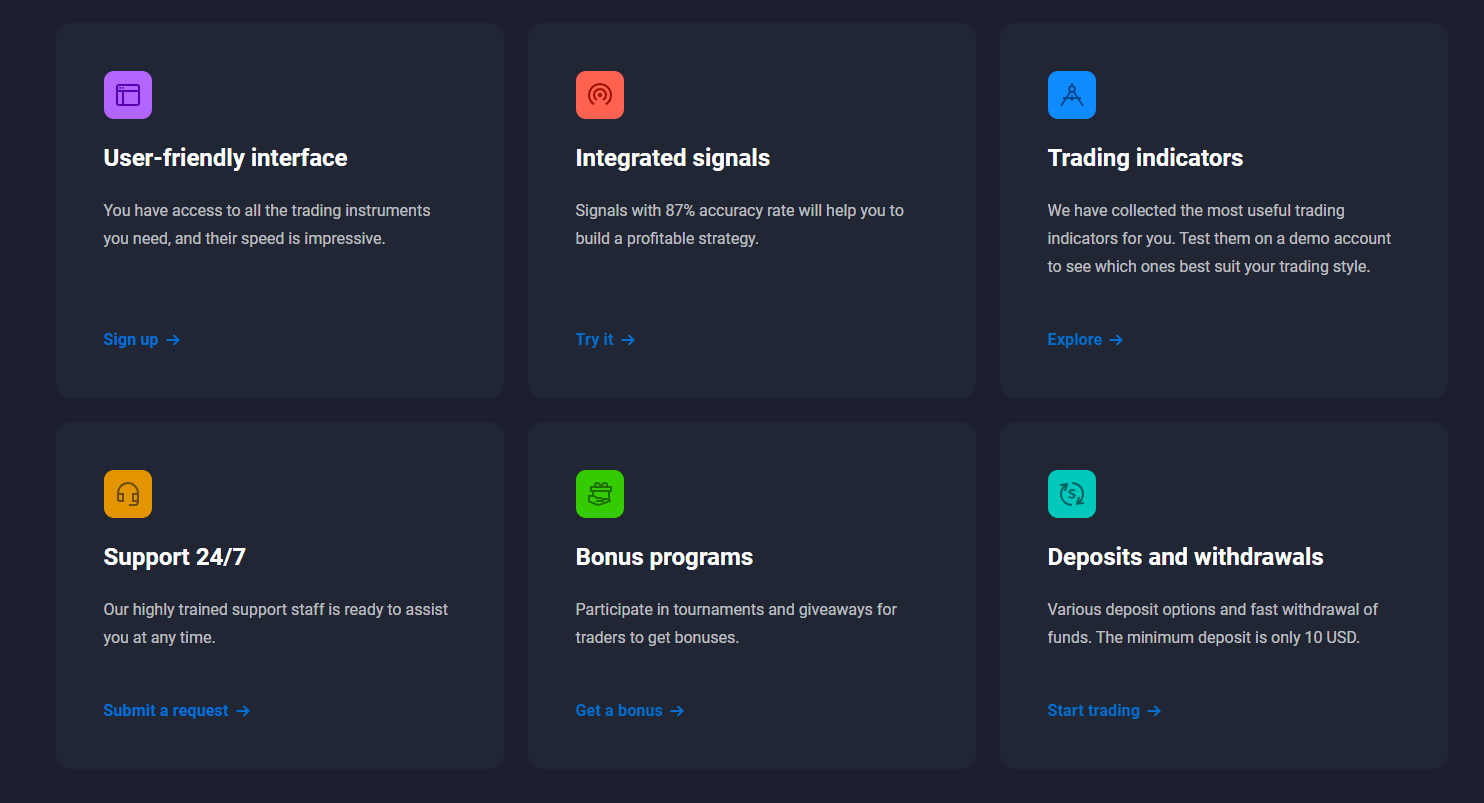
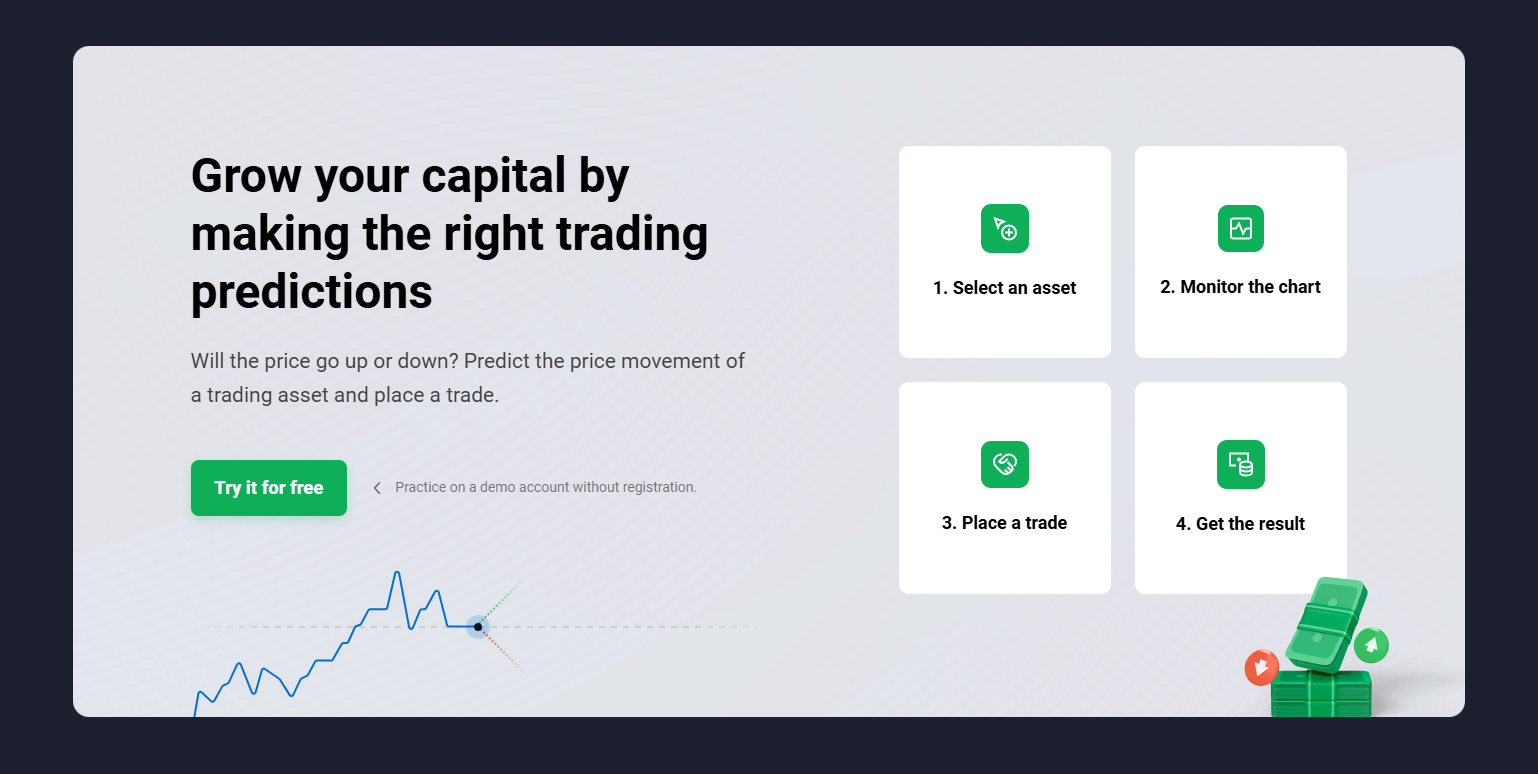
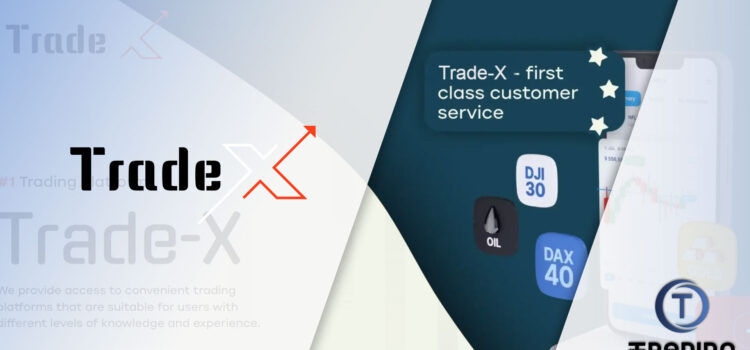
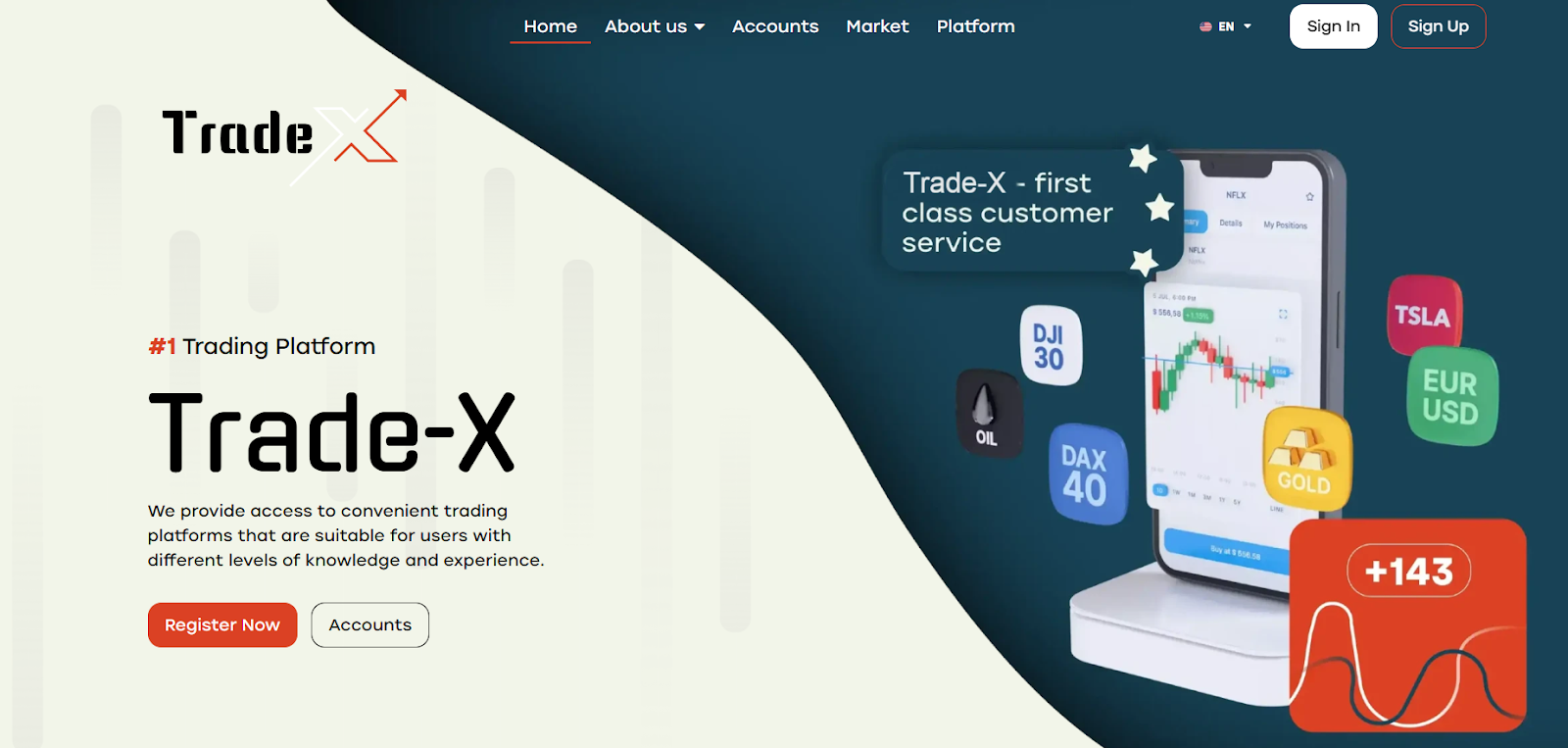
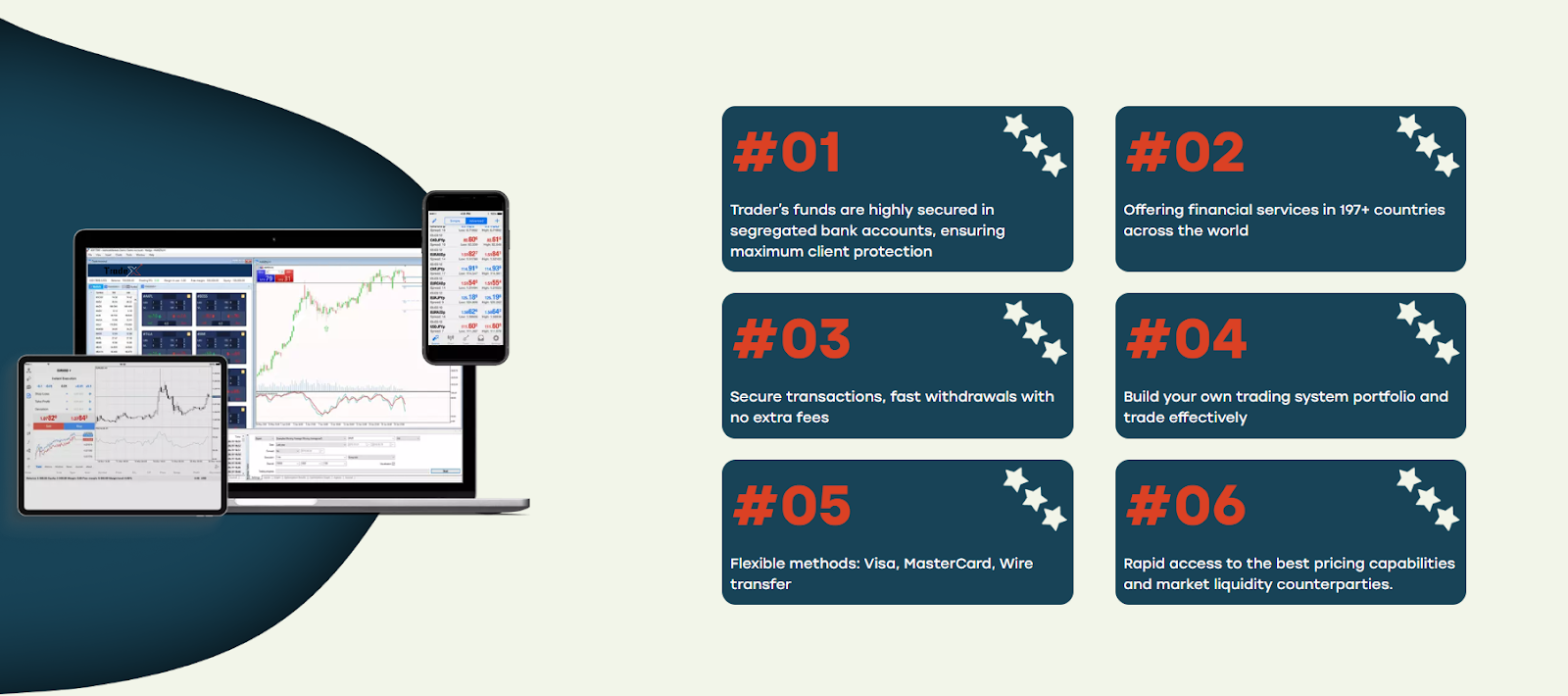
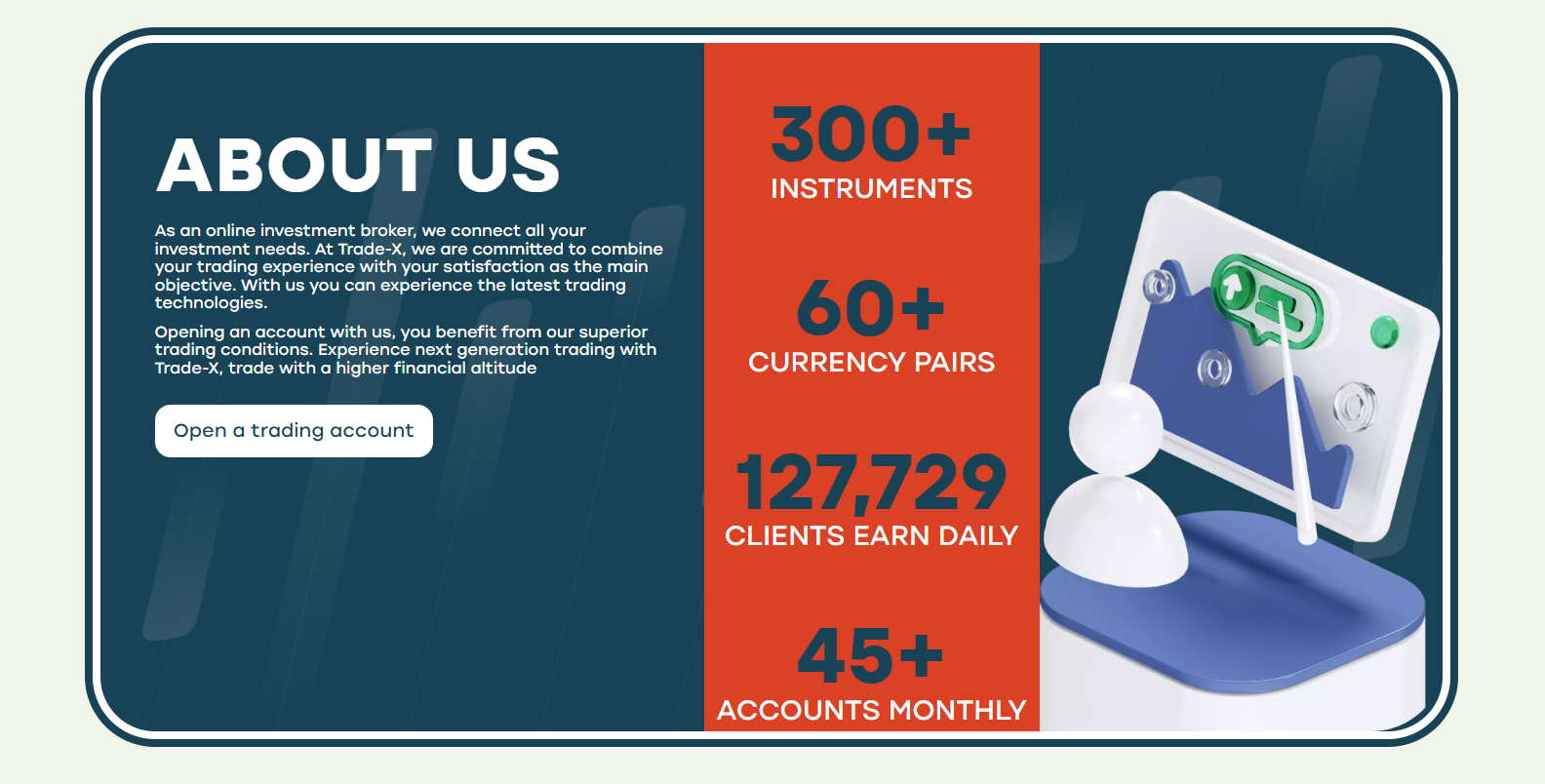
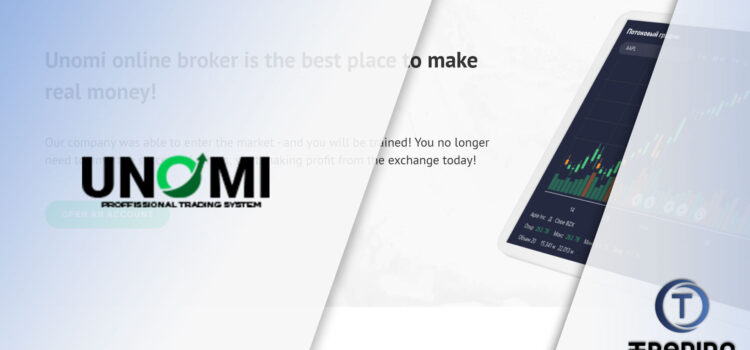
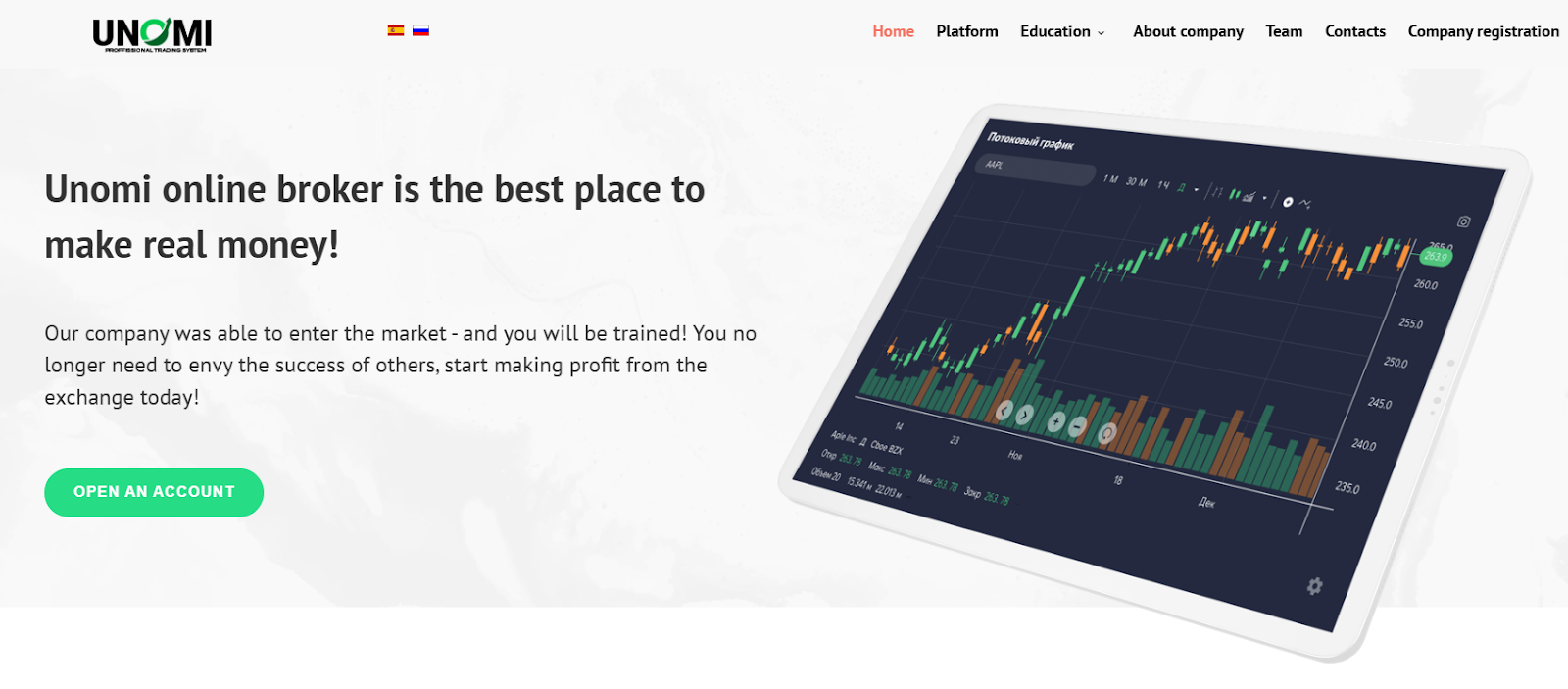
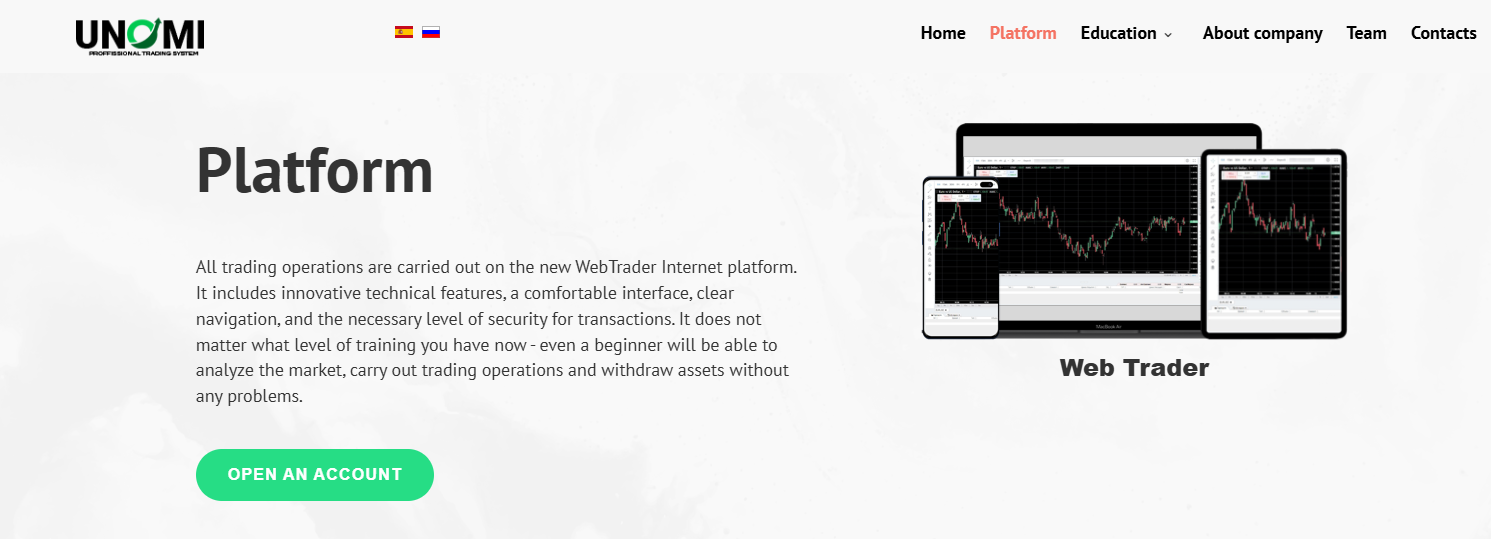
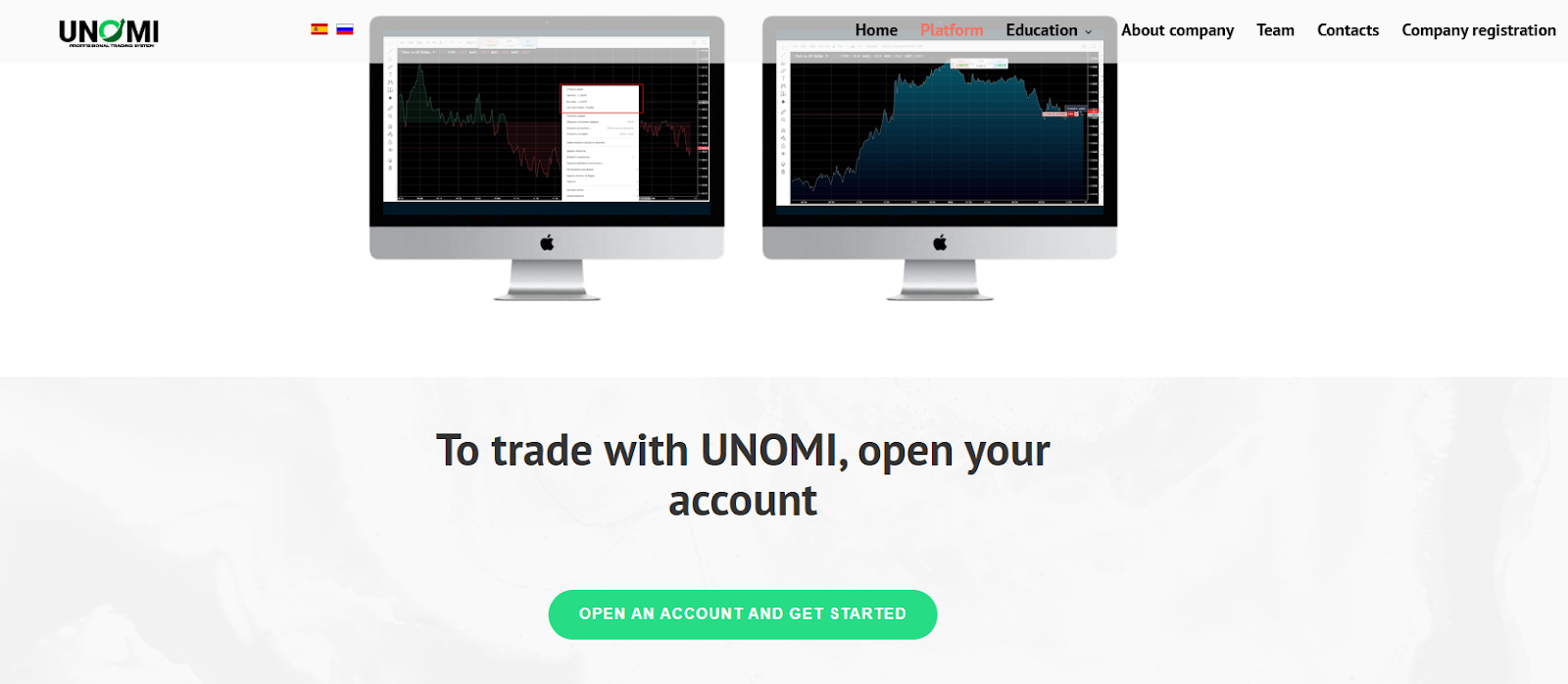
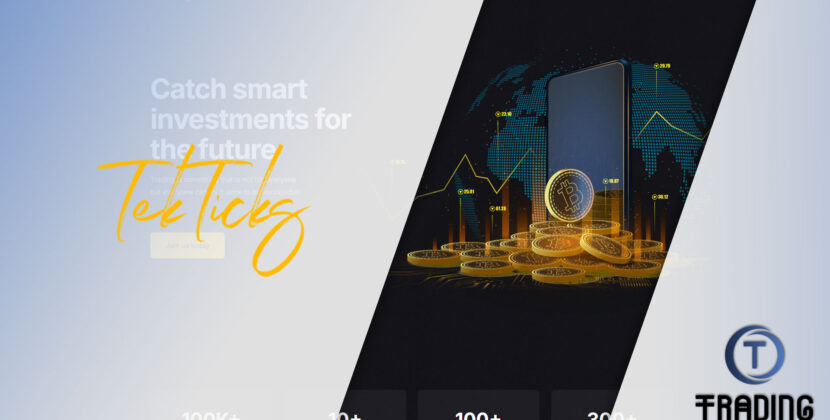
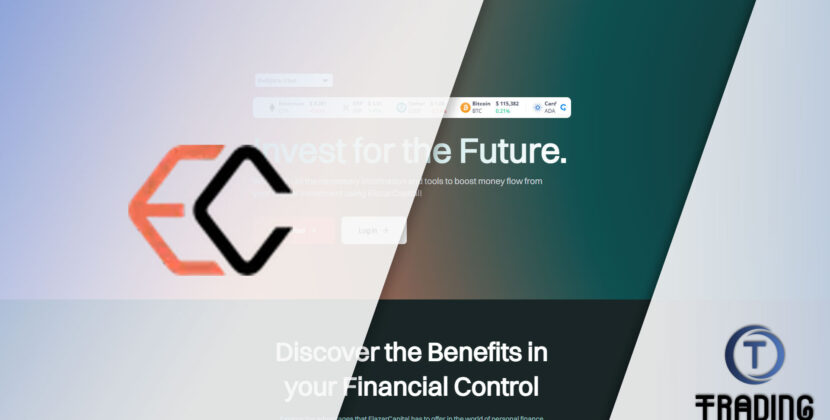
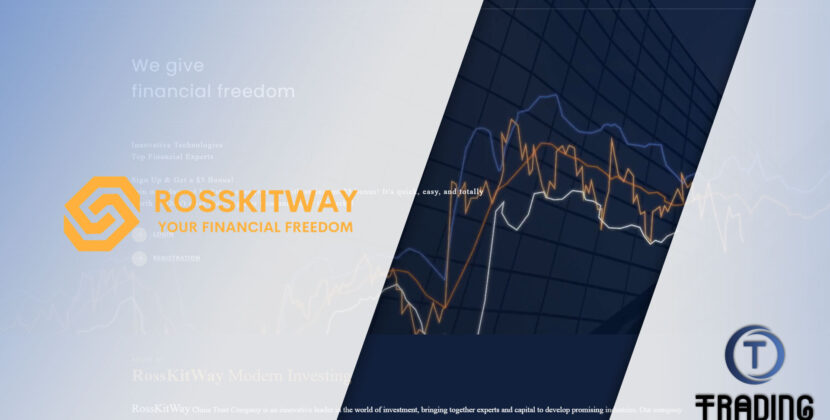
Comments
QuickTrade Broker Review
Binarium Broker Review
Quotex Broker Review
Trade‑X Broker Review
Quotex Broker Review